| « Salaries in Russia | Final work on Linux advanced practicum » |
Sabetta. First trip
At the end of 2020, in the midst of the COVID-19 pandemic, I was searching for a job. After an unsuccessful attempt to work close to home, it led me back to remote work, and in December, I had an interview with Yamal LNG.
The company I was applying to work for was called Yamal LNG, named after the peninsula where the gas field and the so-called settlement of Sabetta are located. The only thing left of the settlement is its name; it was liquidated and replaced with a rotational work camp. It's not possible to stay there unless you work for a company associated with Yamal LNG or for the company itself. Charter flights to the area are only provided during business trips or work rotations.
Let's just say that my expectations and reality diverged when I started communicating with this company. Initially, I thought it was a progressive, semi-Western company where it would be respectable to work, based on the information I found online and from former colleagues. In reality, everything turned out to be worse...
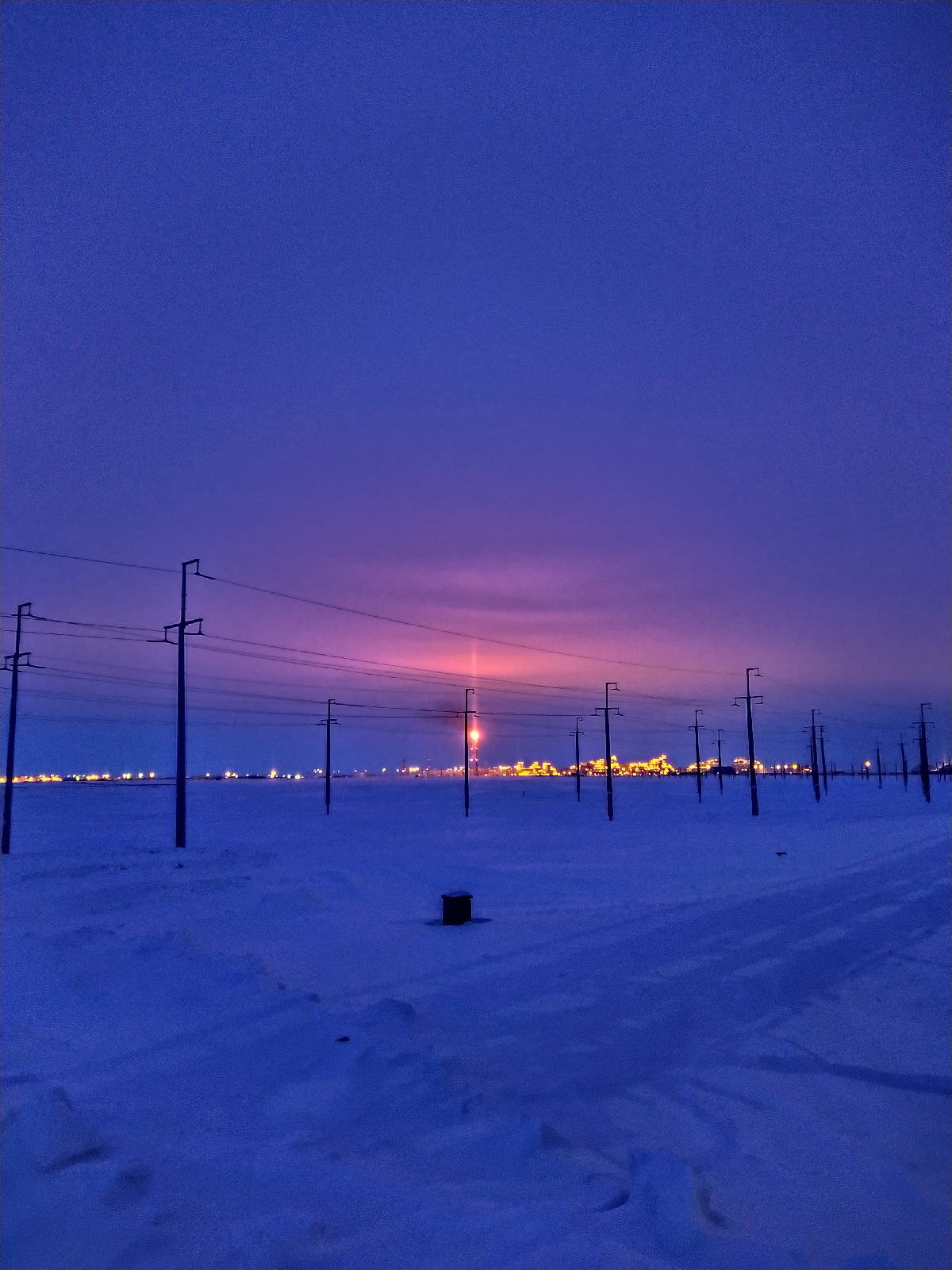
But during the document processing stage, it became clear that it was a backward system. The responses to inquiries were template-like, with phrases such as "there are many of you, and I am just one person," "you need to comply," and "we don't entertain questions here."
They employed people for a period of 4-7 months, and I was no exception. I gathered all the necessary paperwork at home, underwent various unnecessary examinations, and received unnecessary vaccinations. By the end of it, I had accumulated over 1kg of various documents. It reached absurd levels at times—for example, they even required the inclusion of confidential medical examination results, despite it being prohibited by law.
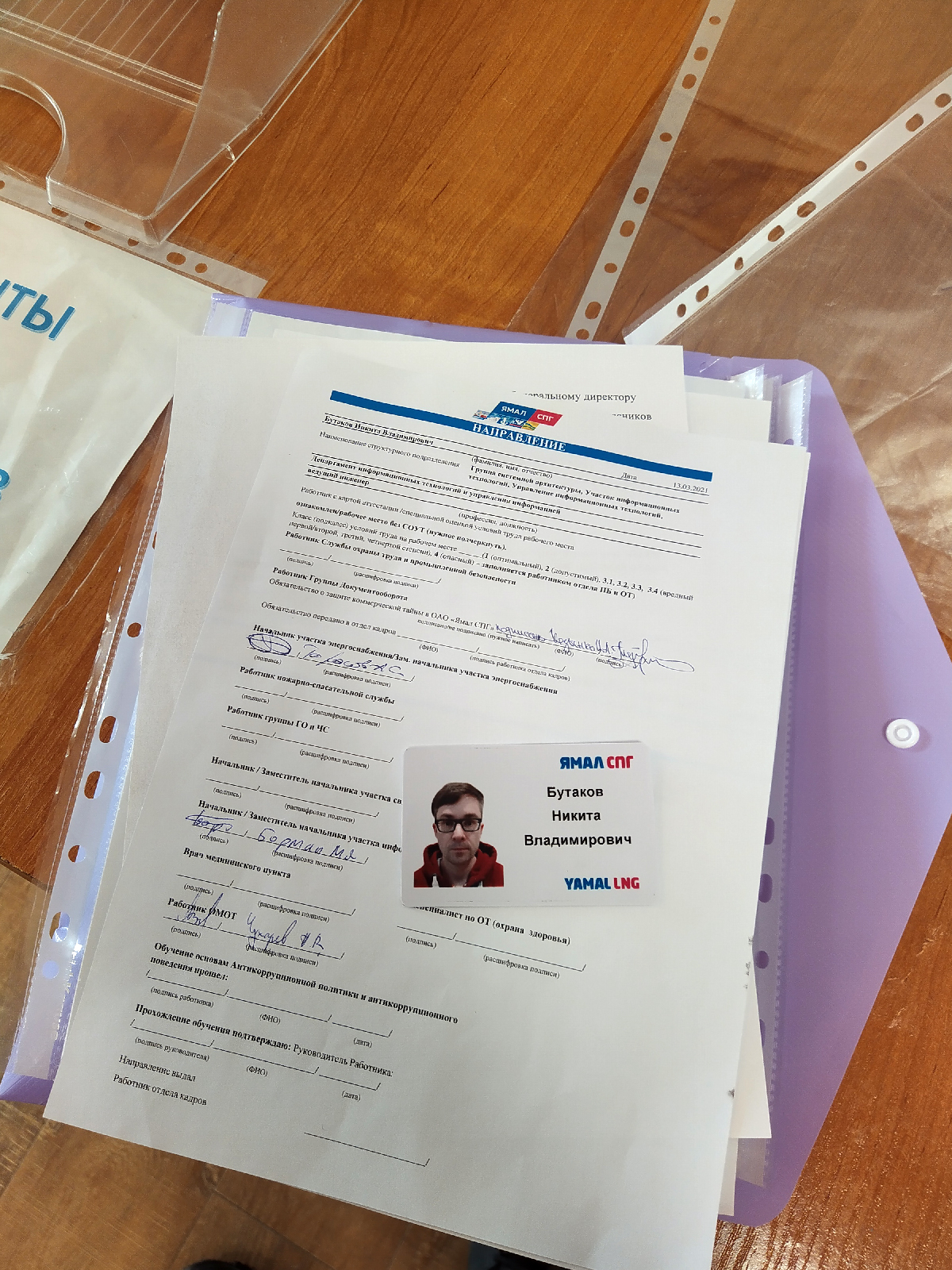
In March, I was informed that I needed to arrive at a hotel in Moscow at the appointed time, where I would be quarantined for 10 days. It was during the COVID-19 era, and there were "observatories" - places where employees were kept and tested for the disease. So, I complied and took a taxi, arriving at the designated location within 1.5 hours.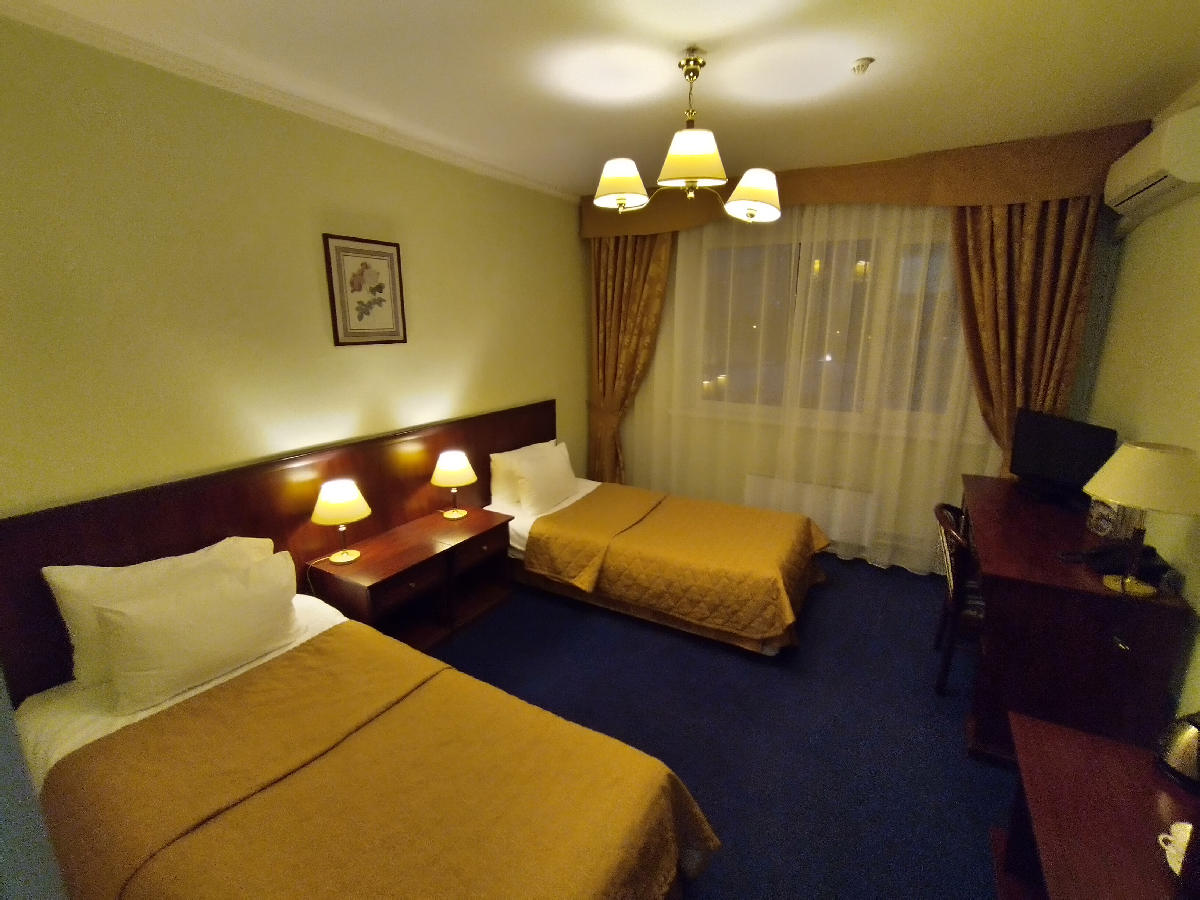
I was assigned to Hotel Salut, a typical Soviet-style hotel built during the 1980 Olympics. They placed me in a double room, even though I was the only occupant. Non-local people were less fortunate; they arrived late and were accommodated in single rooms with views of a noisy road, while I had a view of the courtyard.
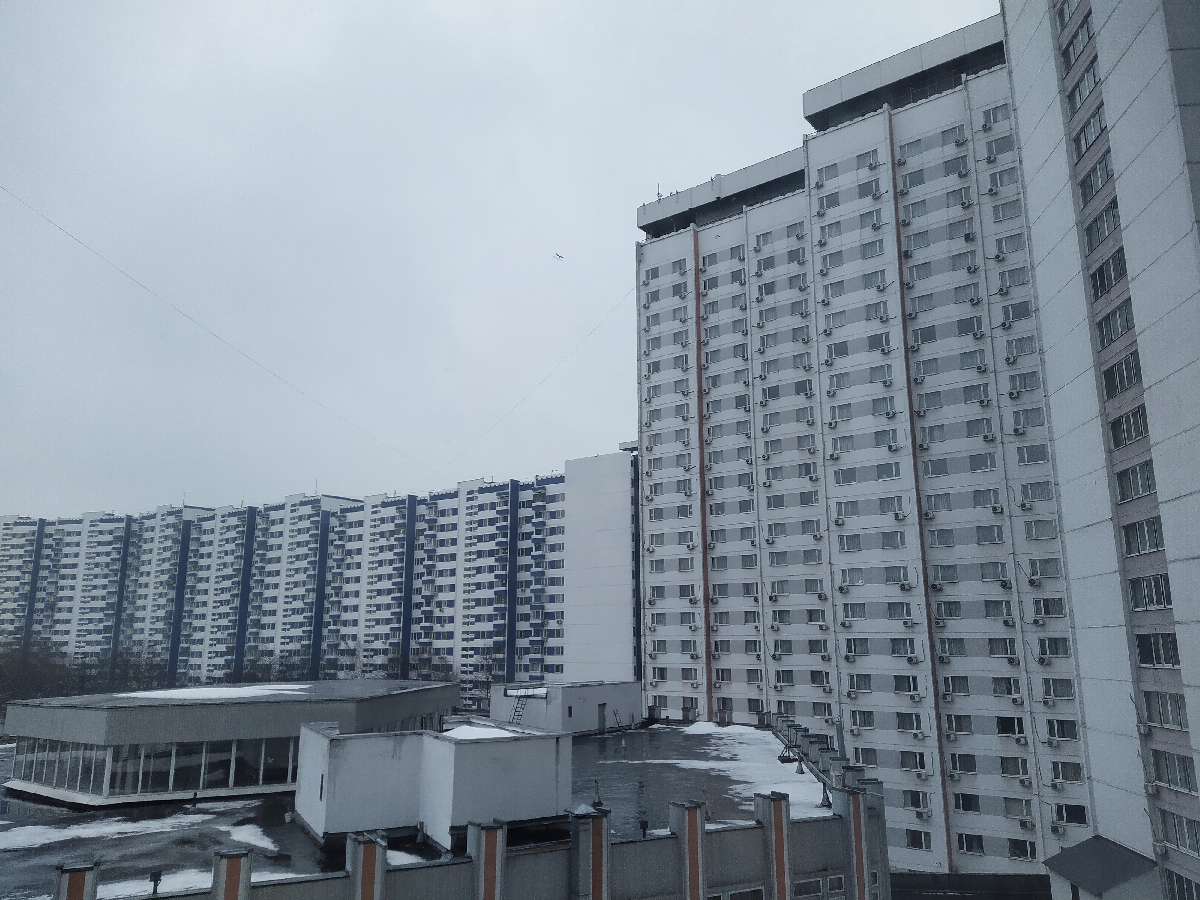
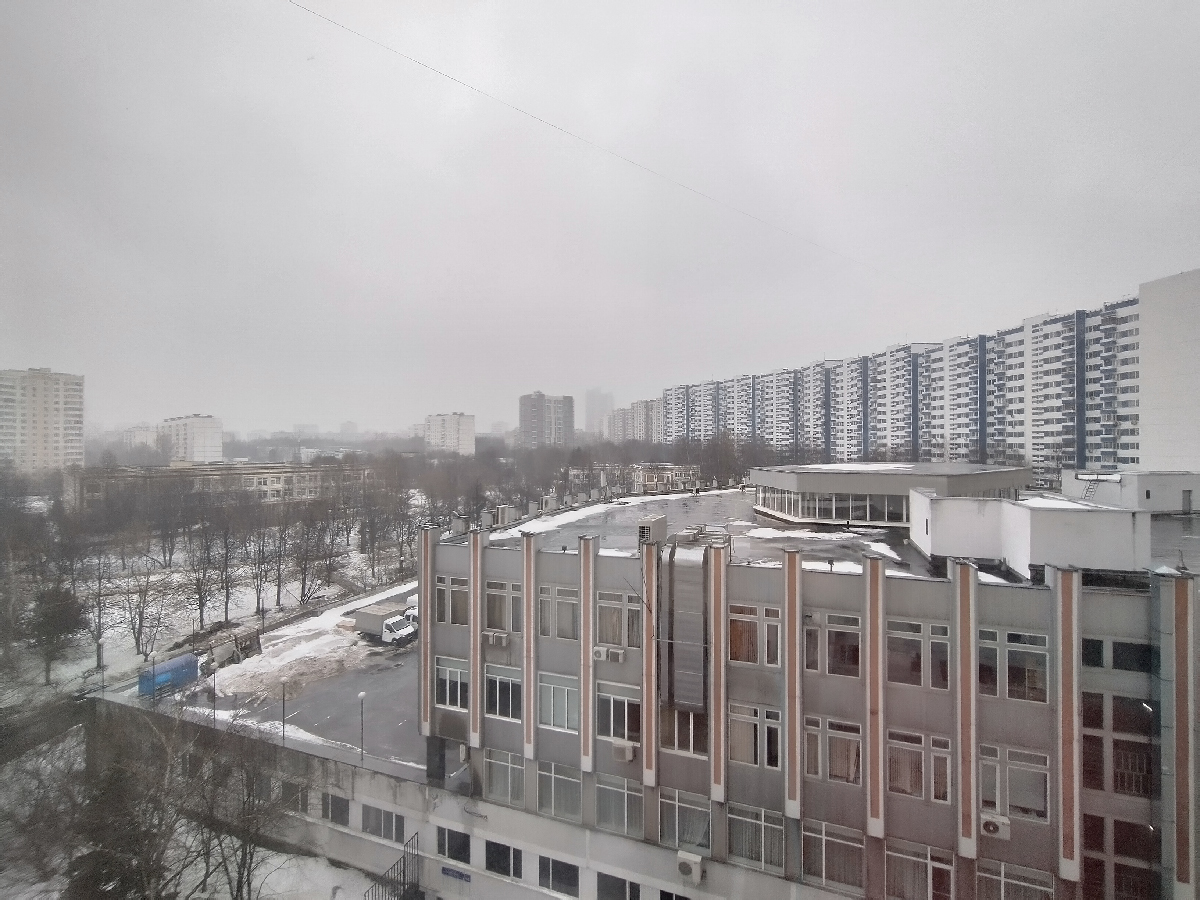 I spent 10 days looking at this scenery. As part of the quarantine procedures, I also had to undergo two PCR tests and received three meals a day.
I spent 10 days looking at this scenery. As part of the quarantine procedures, I also had to undergo two PCR tests and received three meals a day.
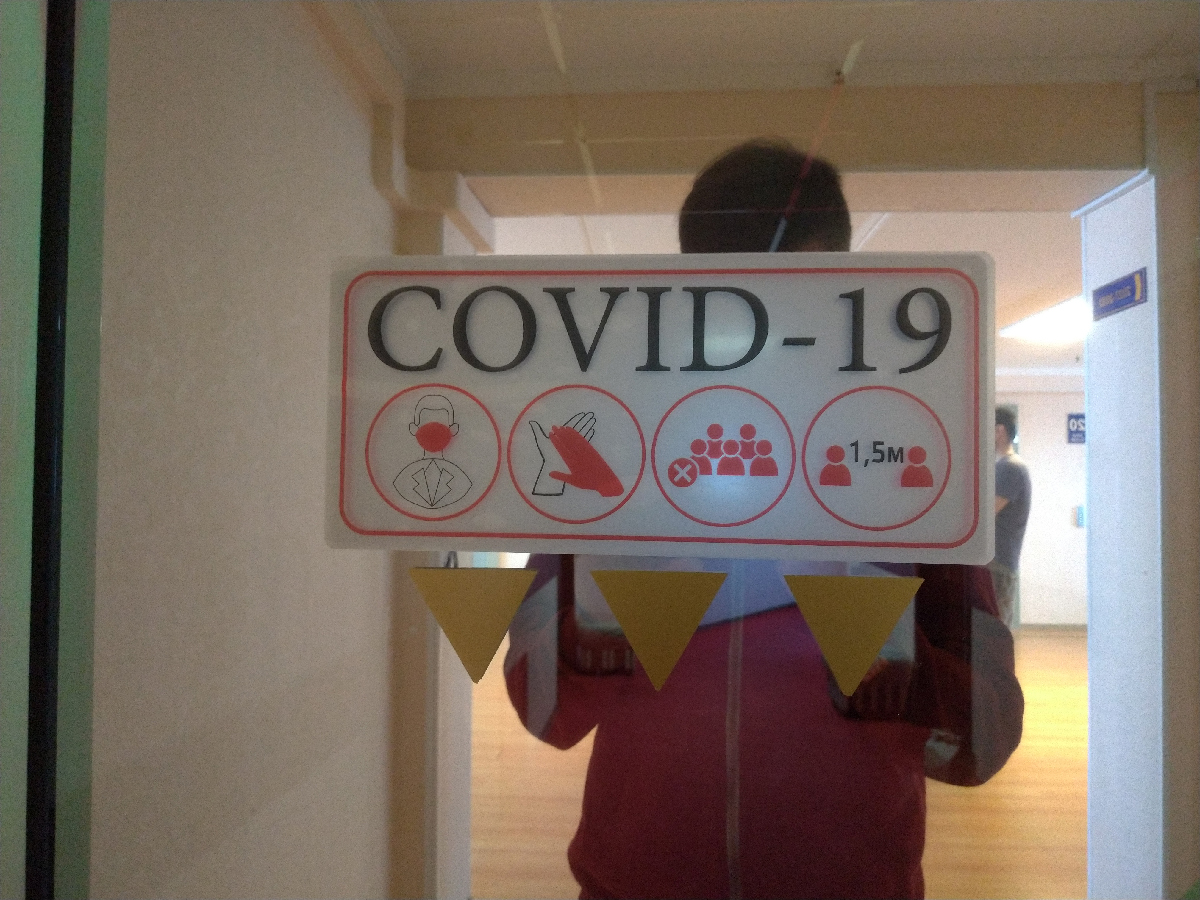
The food was average, sometimes delicious, and sometimes not so great.
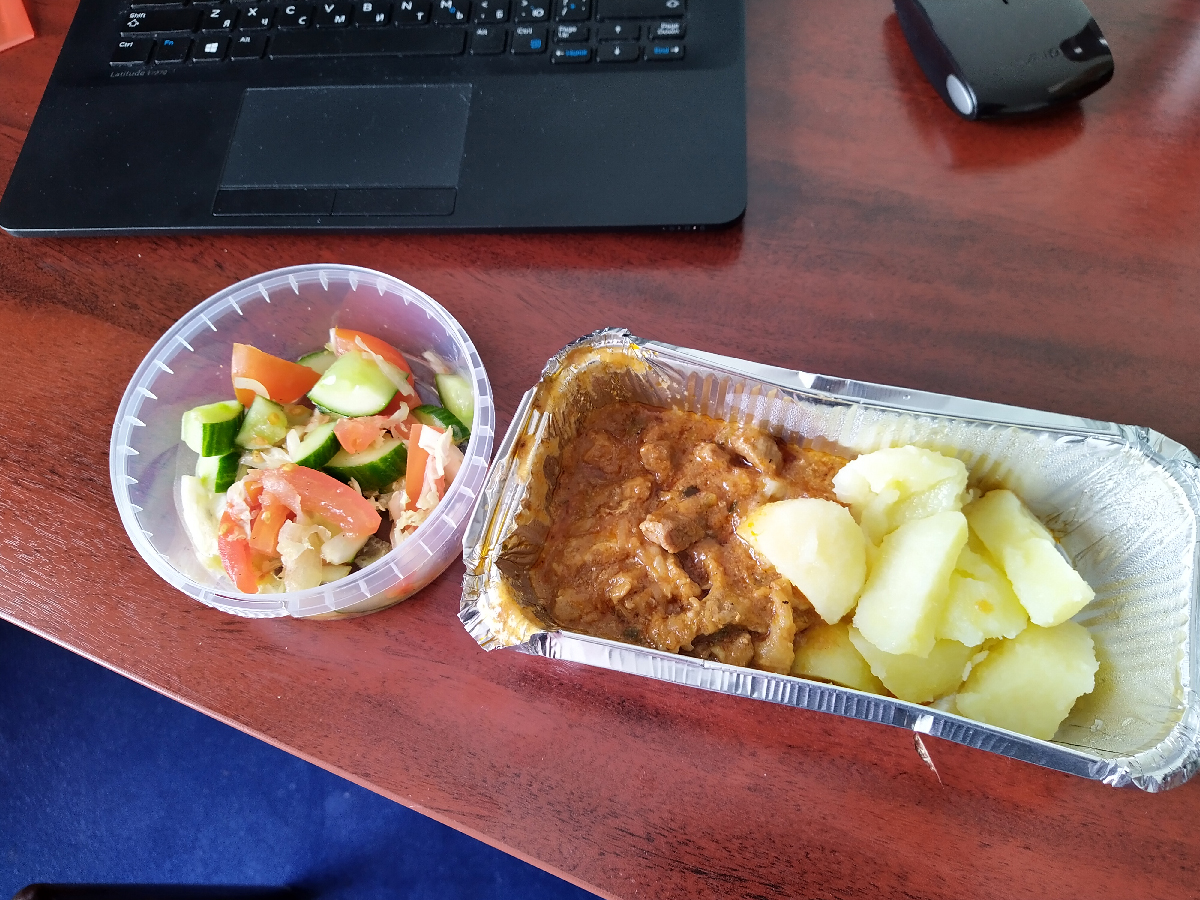
The meals were left near the room on special anti-COVID poufs, ensuring contactless delivery.
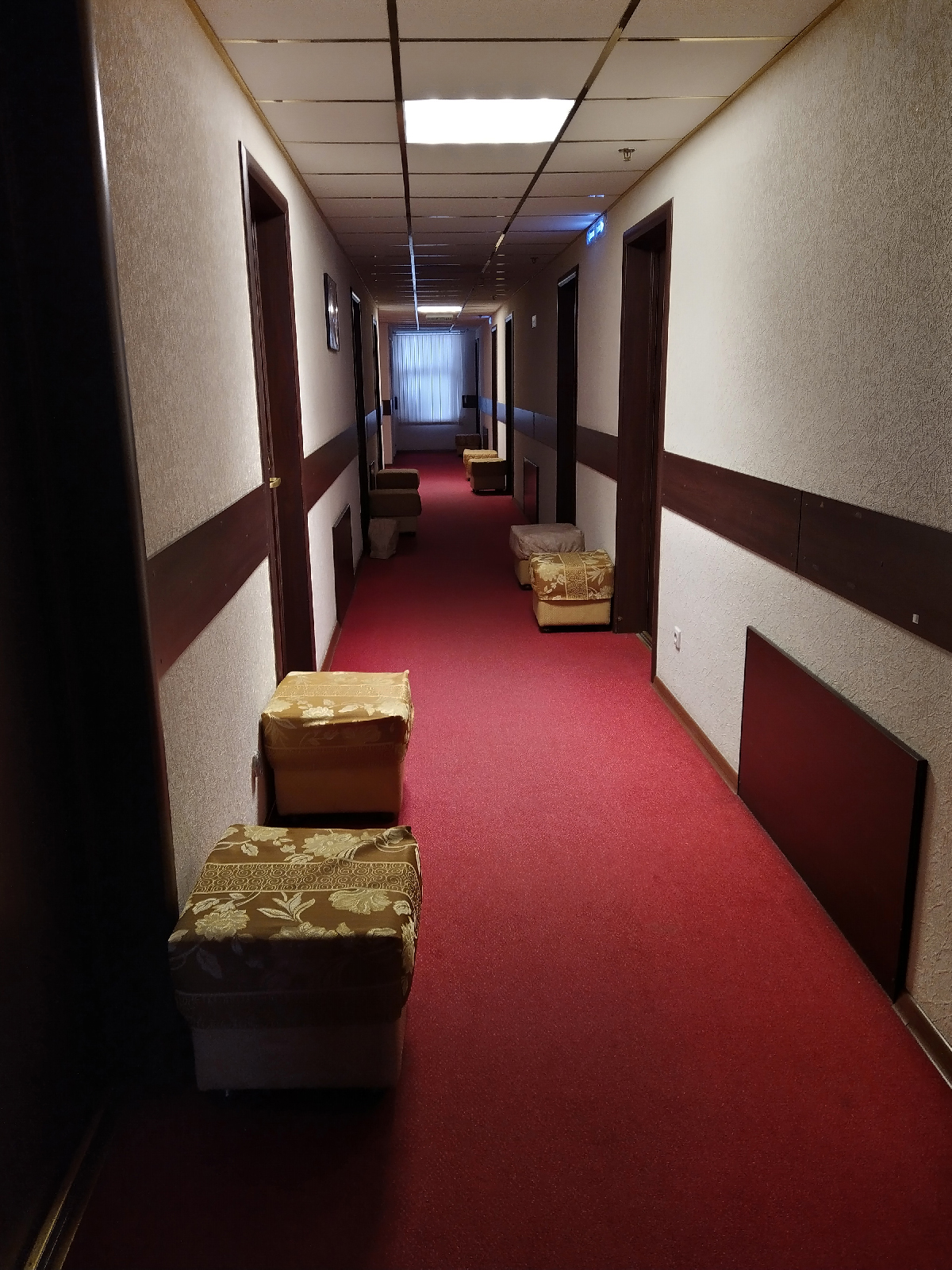
Overall, I enjoyed my time in the hotel. It provided a peaceful environment where I could study without any disruptions. Additionally, having a bathtub was a nice bonus.
After 10 days, we were boarded onto buses and taken to the airport at night, from where we had an uneventful flight to Sabetta.
We arrived in the morning. Calling it an airport would be an overstatement; it was more like a large barn where people from the plane barely fit. There were security checks and queues, just as you would expect in Russia. I was constantly told that they were searching for alcohol...
Outside, we were greeted by shift workers reindeer!
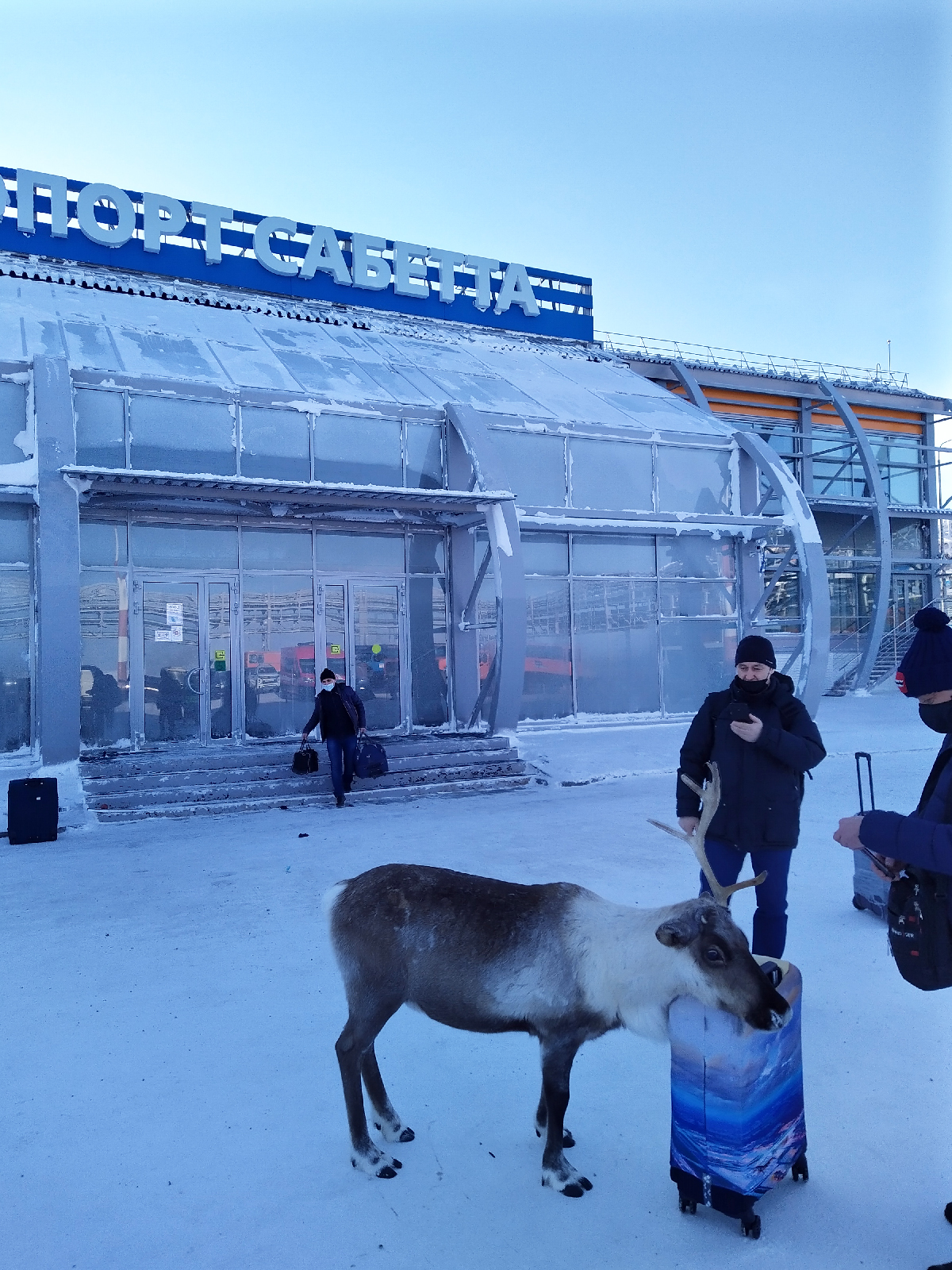
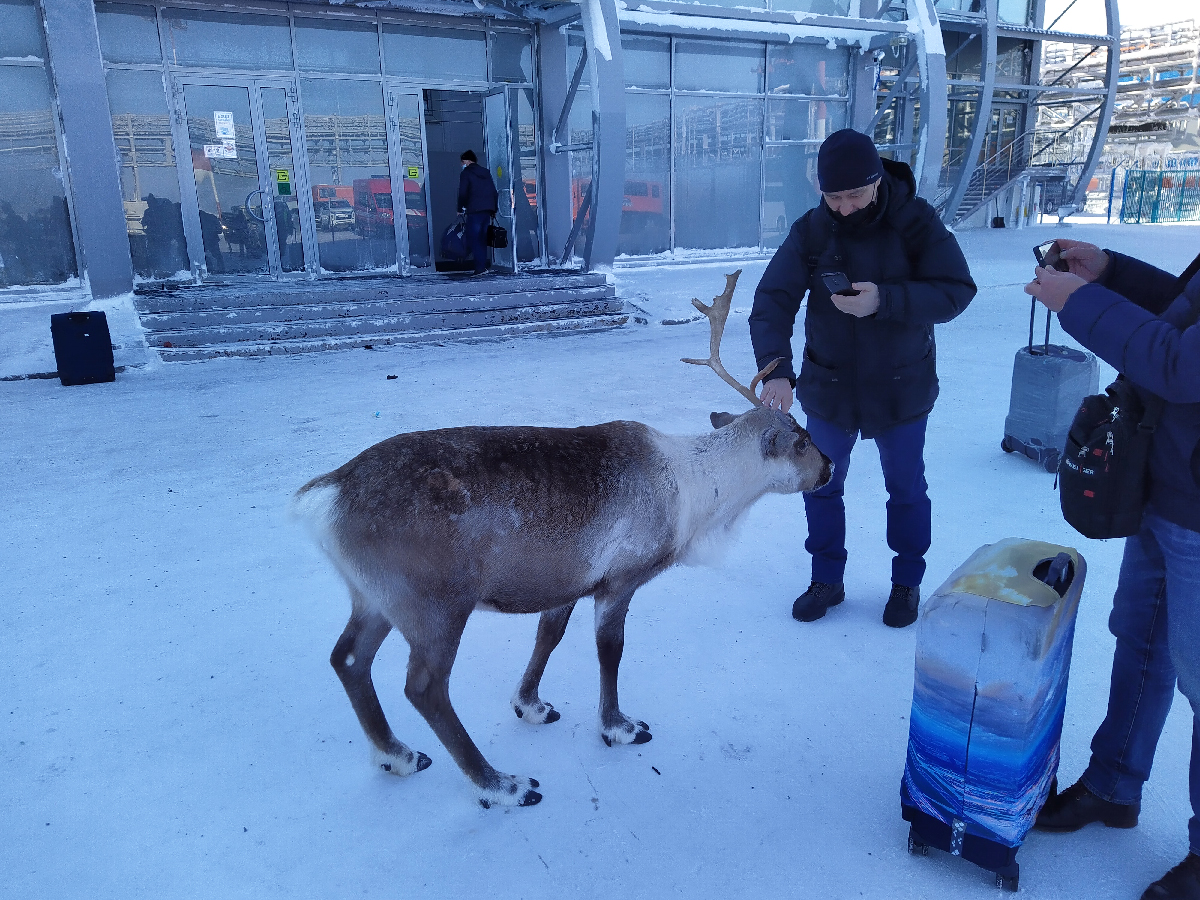 After that, we were taken to the actual settlement, which was about a 15-minute drive from the airport. In Sabetta, they refer to it as a residential area, where there is an office building, several dormitories, four canteens, and a gym (which was closed). From an aerial view, it looks like this:
After that, we were taken to the actual settlement, which was about a 15-minute drive from the airport. In Sabetta, they refer to it as a residential area, where there is an office building, several dormitories, four canteens, and a gym (which was closed). From an aerial view, it looks like this:
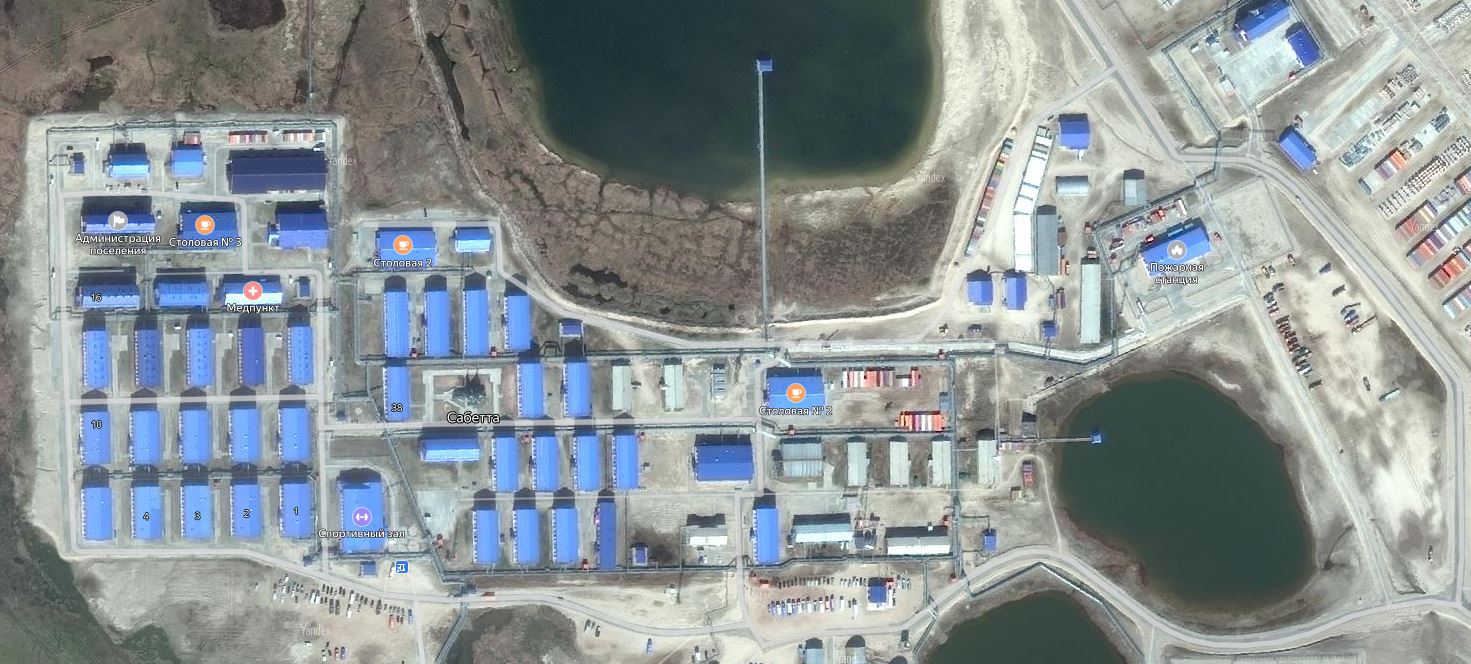
Further ahead is the dormitory for company employees, but the conditions for contractors are rather dismal.
Here is the entrance to the building and the corridors:
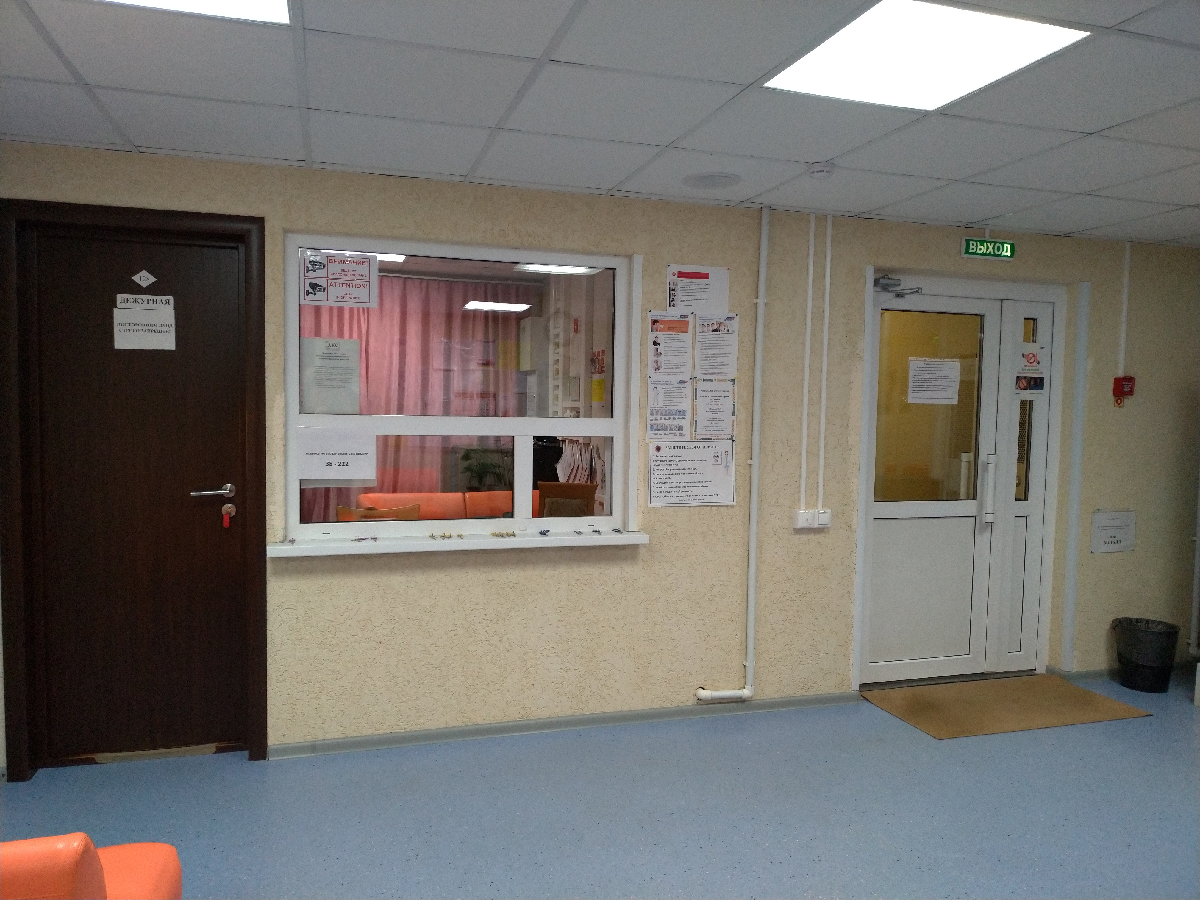
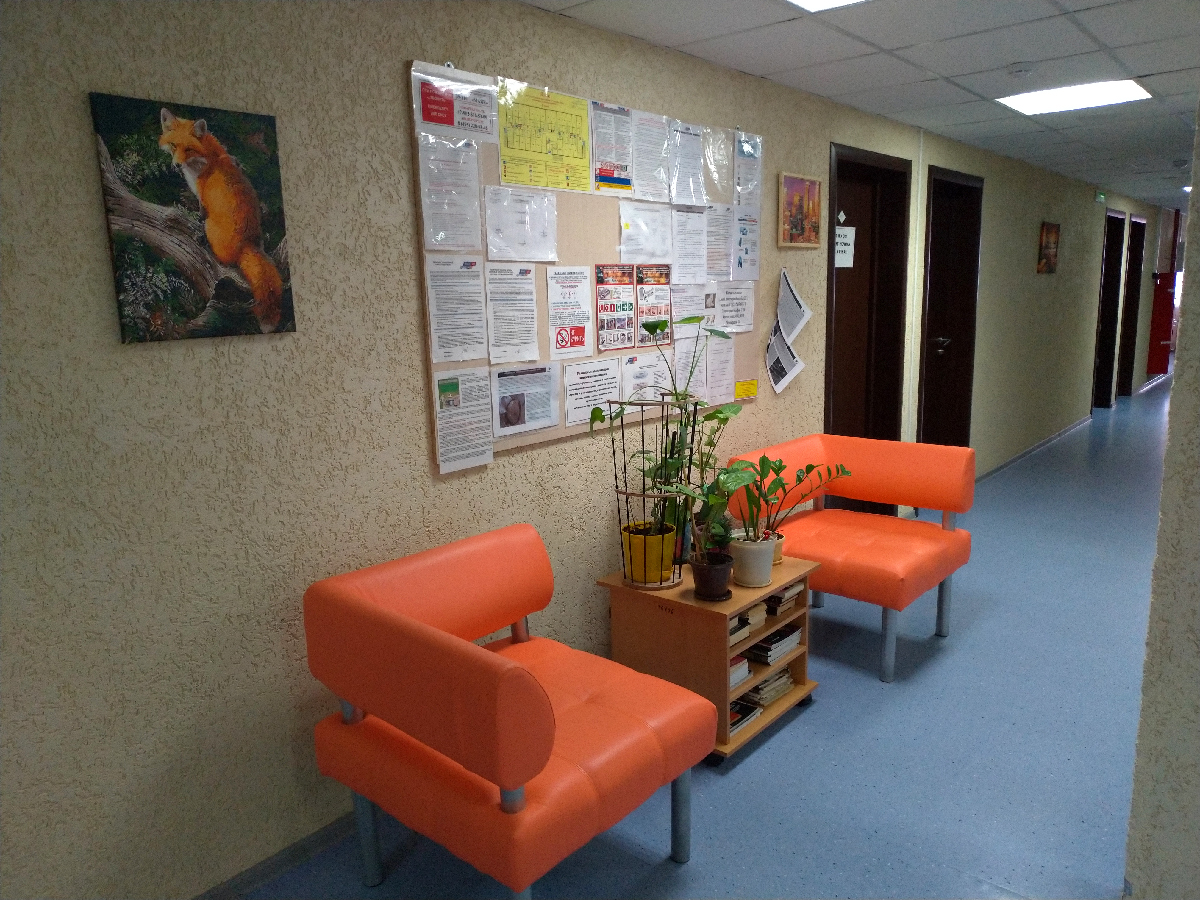
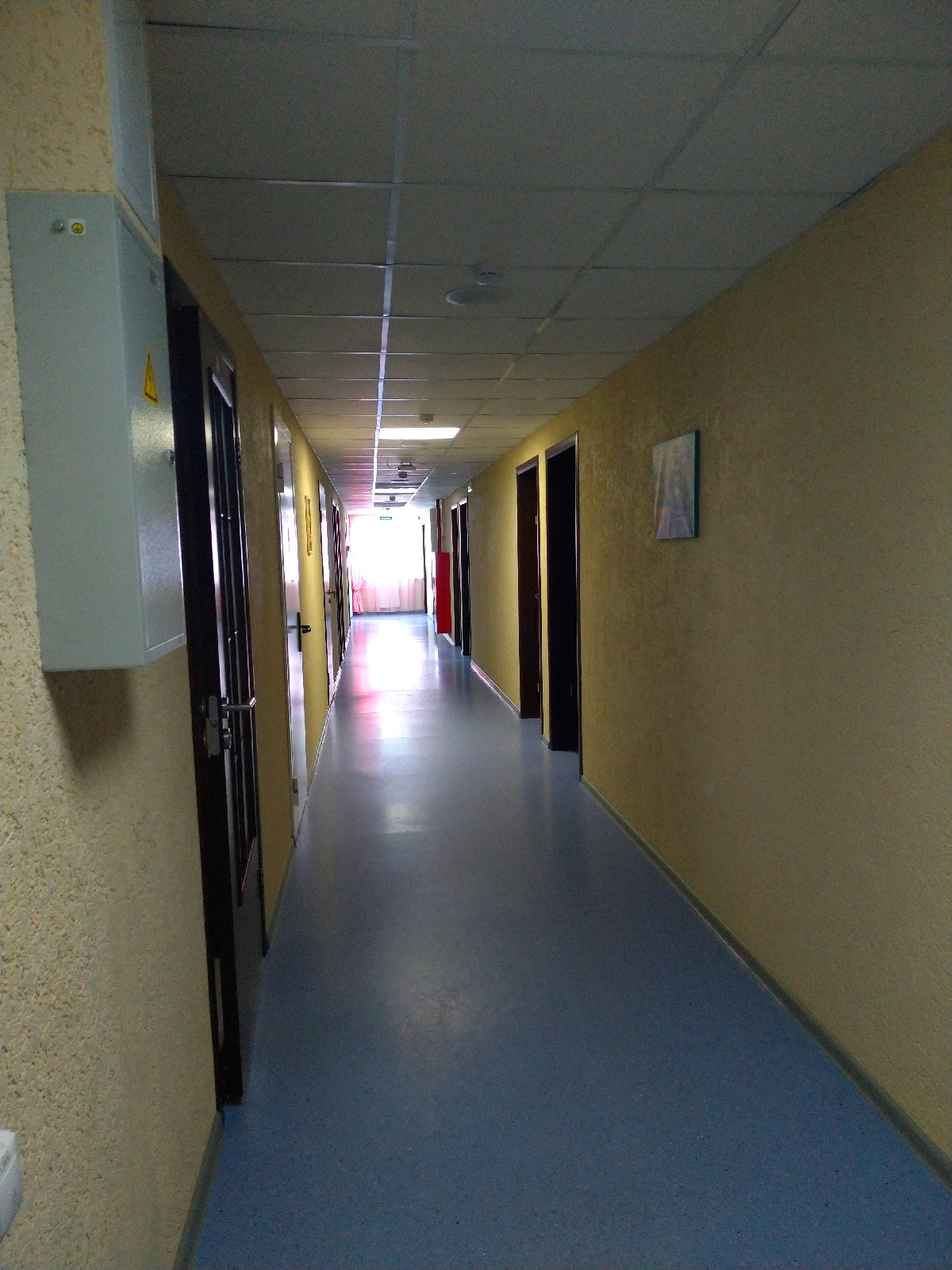 The room where I was initially accommodated:
The room where I was initially accommodated:
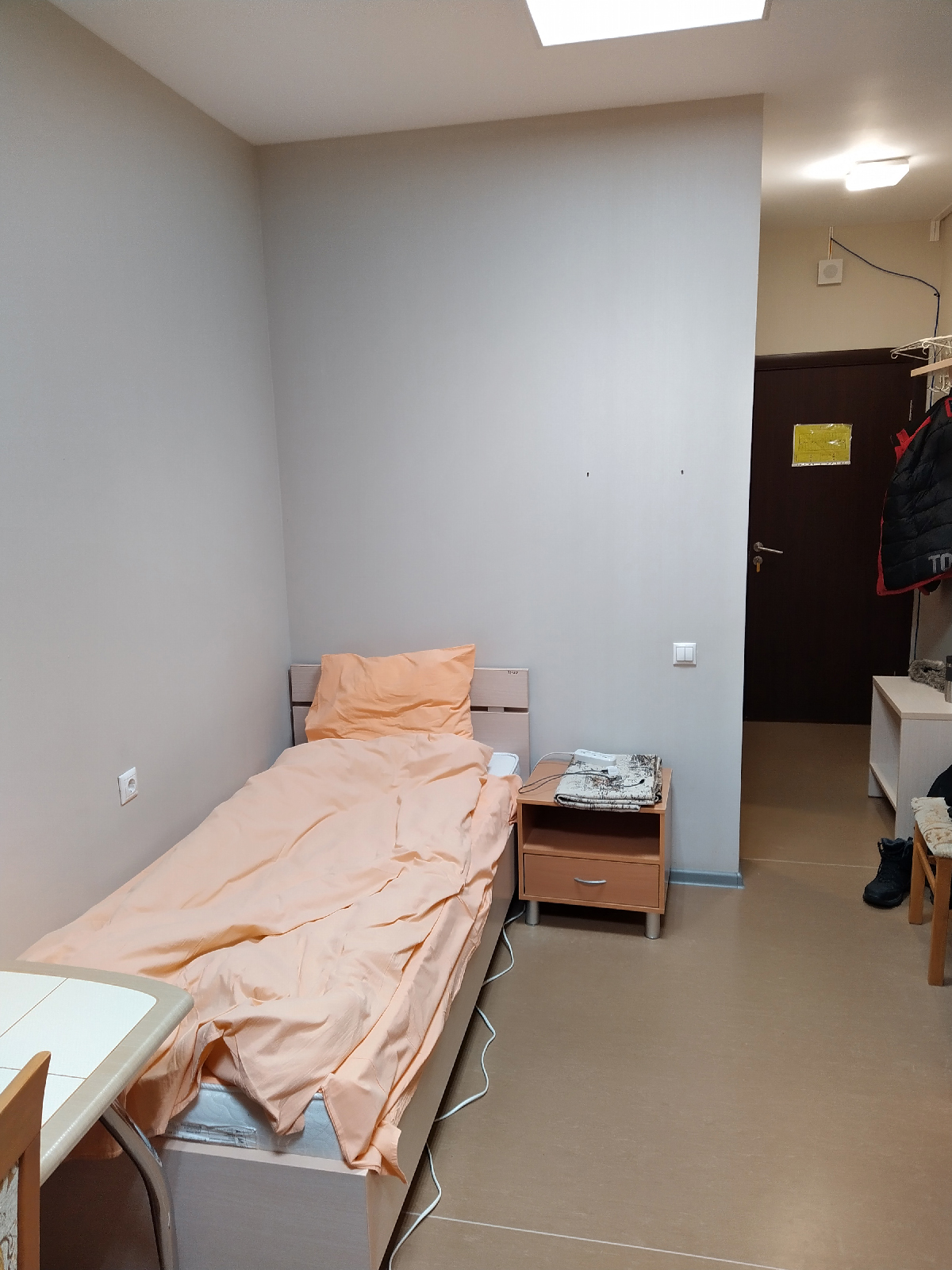
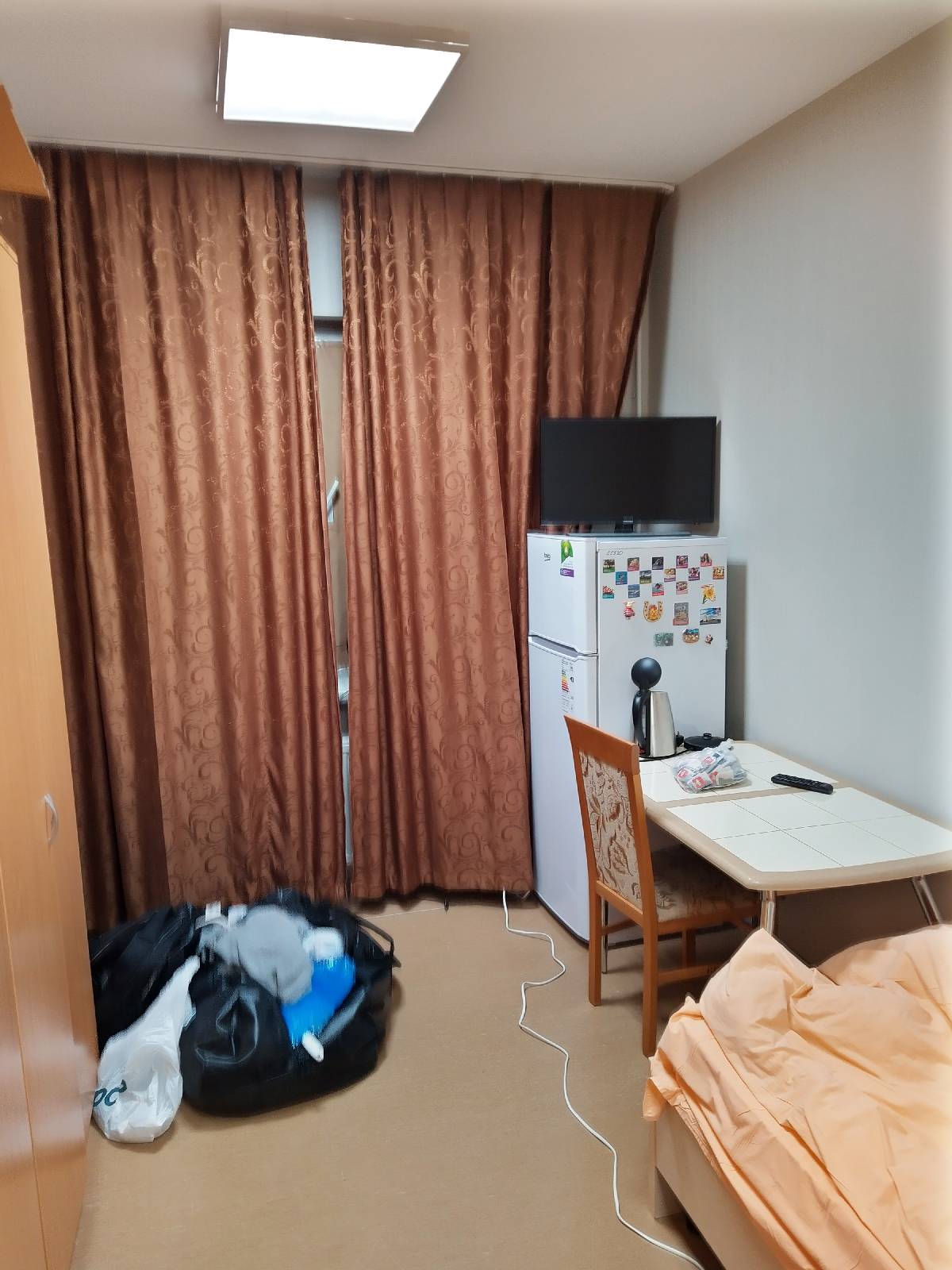
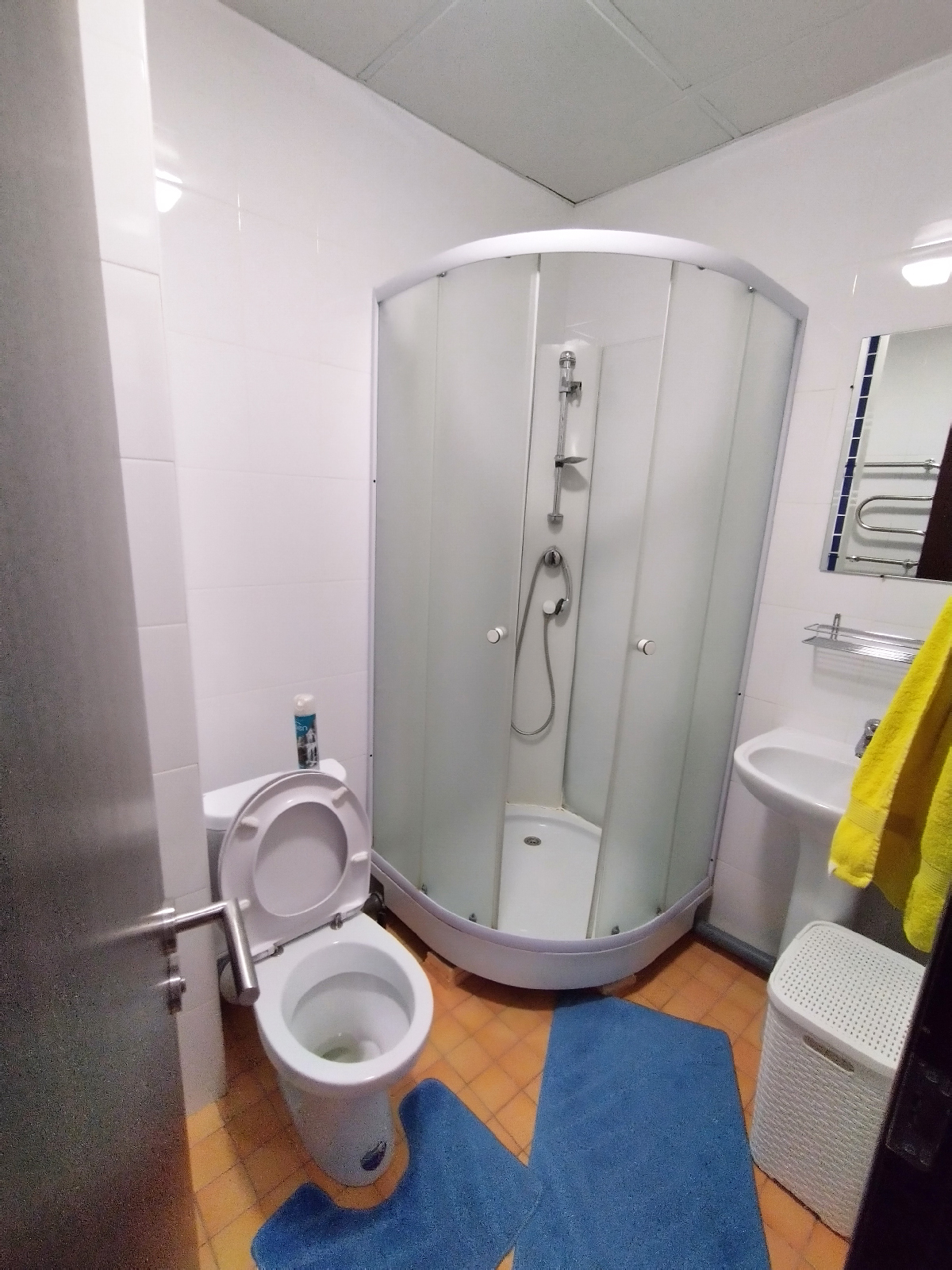
It's good to know that there were kitchens and laundry facilities on each floor of the building. However, it seems that they did not provide laundry detergent, and residents were required to bring their own.
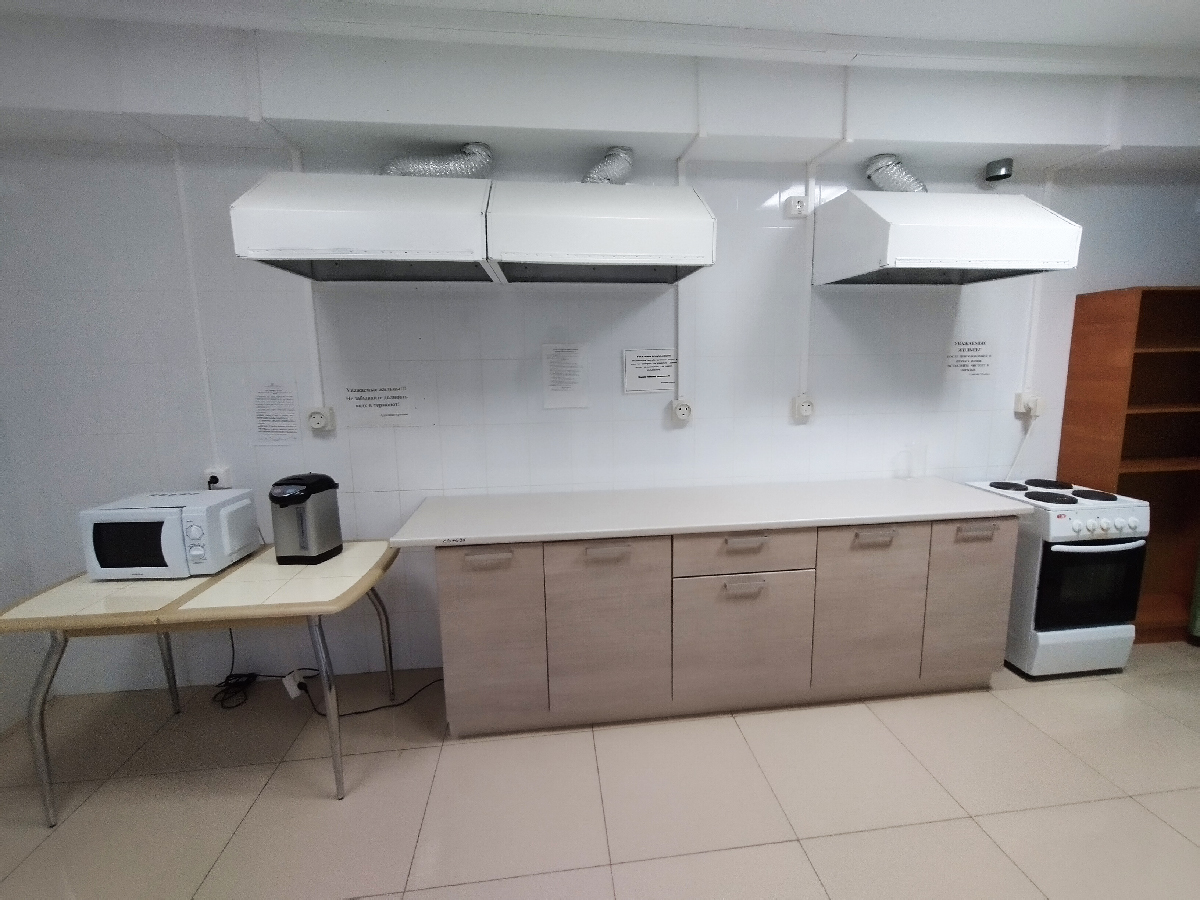
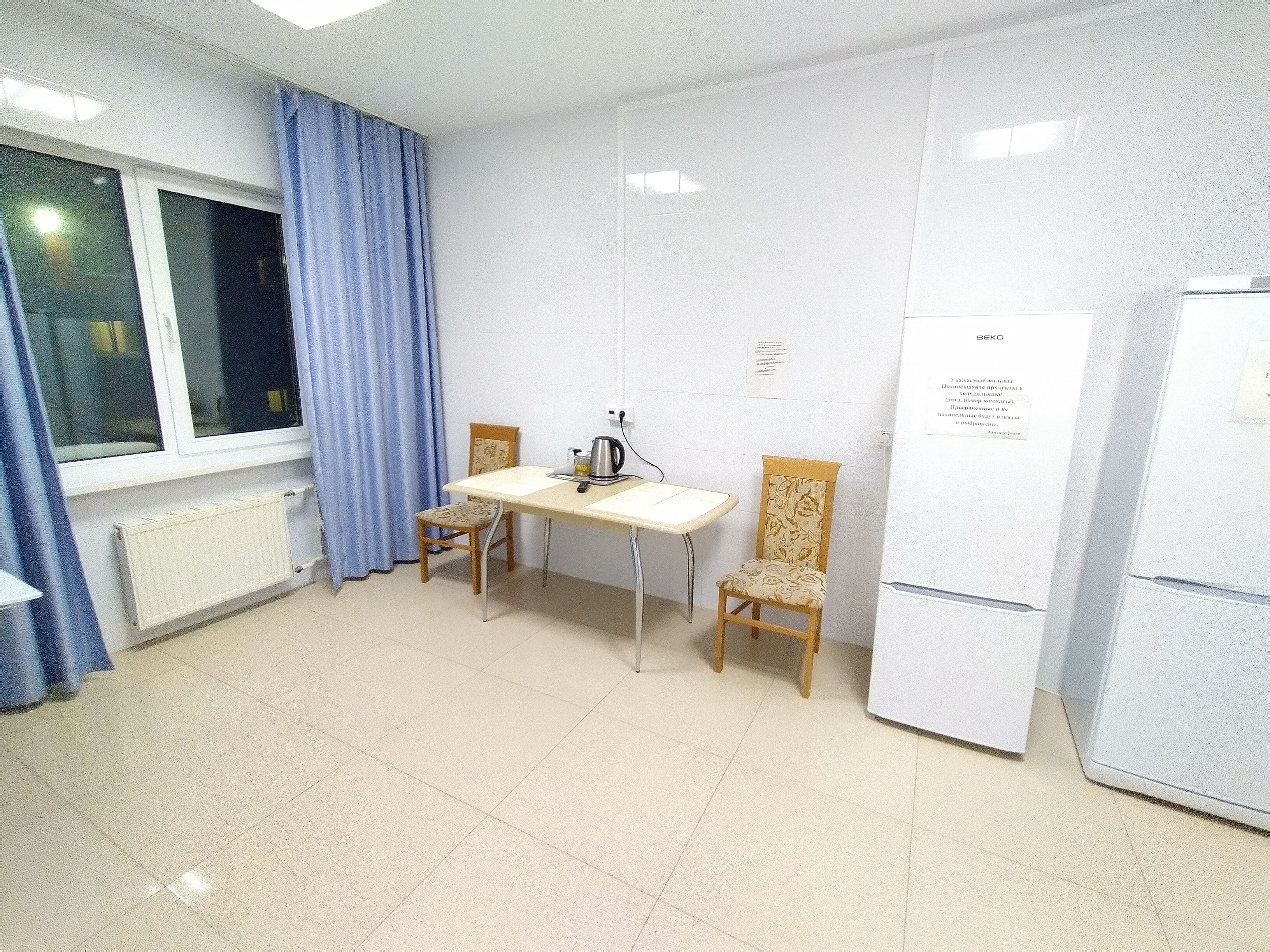
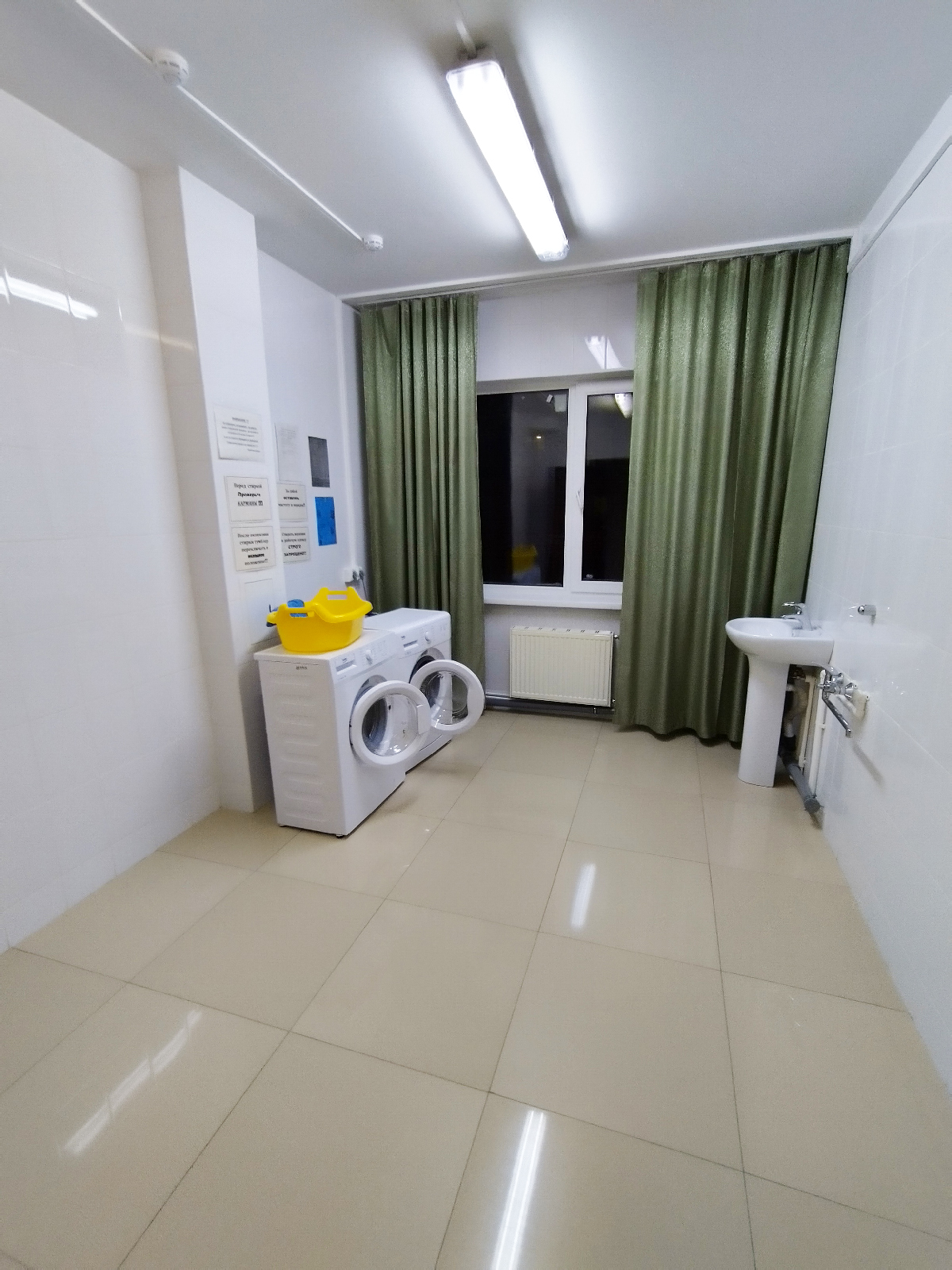
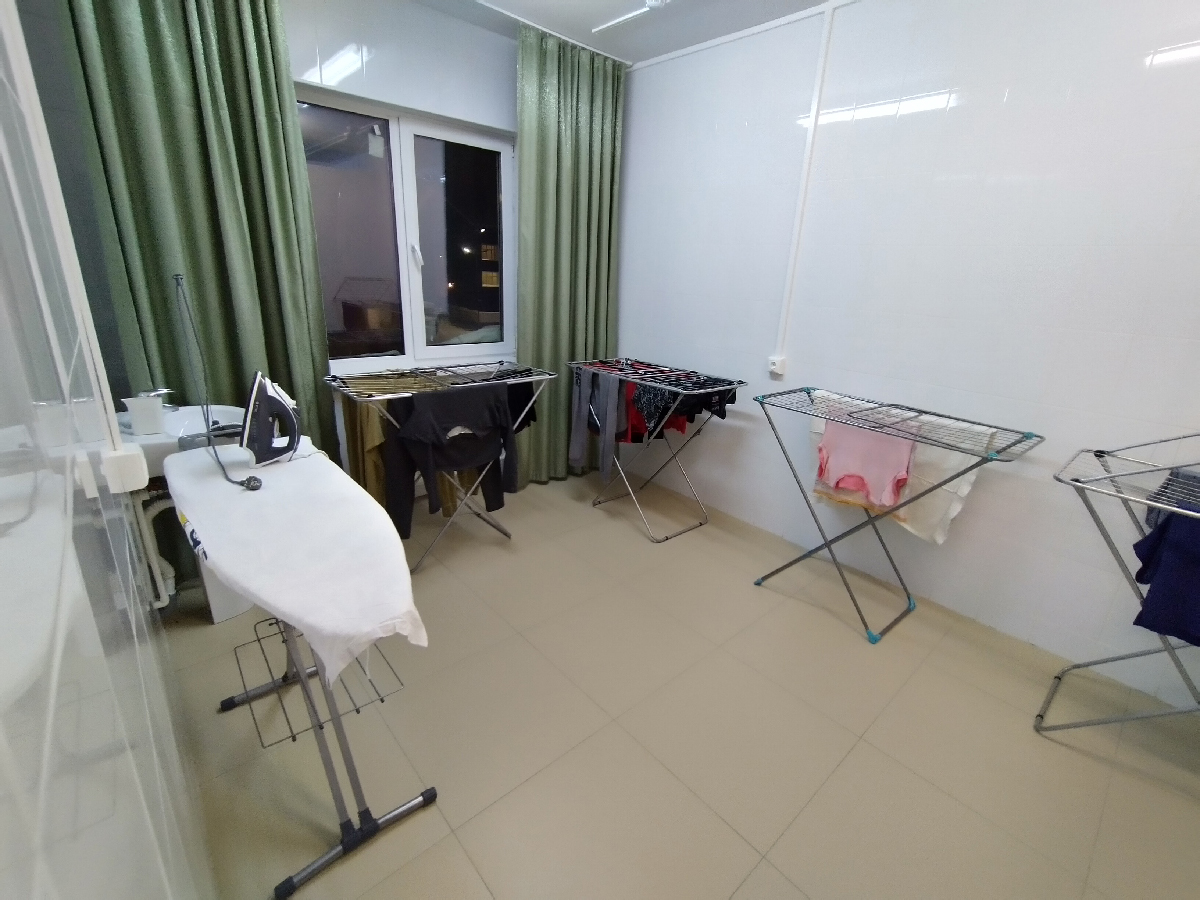
On the next stage of exploring Sabetta, everyone encounters the canteen. This aspect alone could fill an entire book, but I'll try to summarize it in a couple of paragraphs.
Initially, I was under the impression that meals would be provided for free in Sabetta, just like in other rotational work camps. However, it turned out to be different here. Only the French workers, who had been involved in the construction of the plant several years ago and worked for a different company, received free meals.
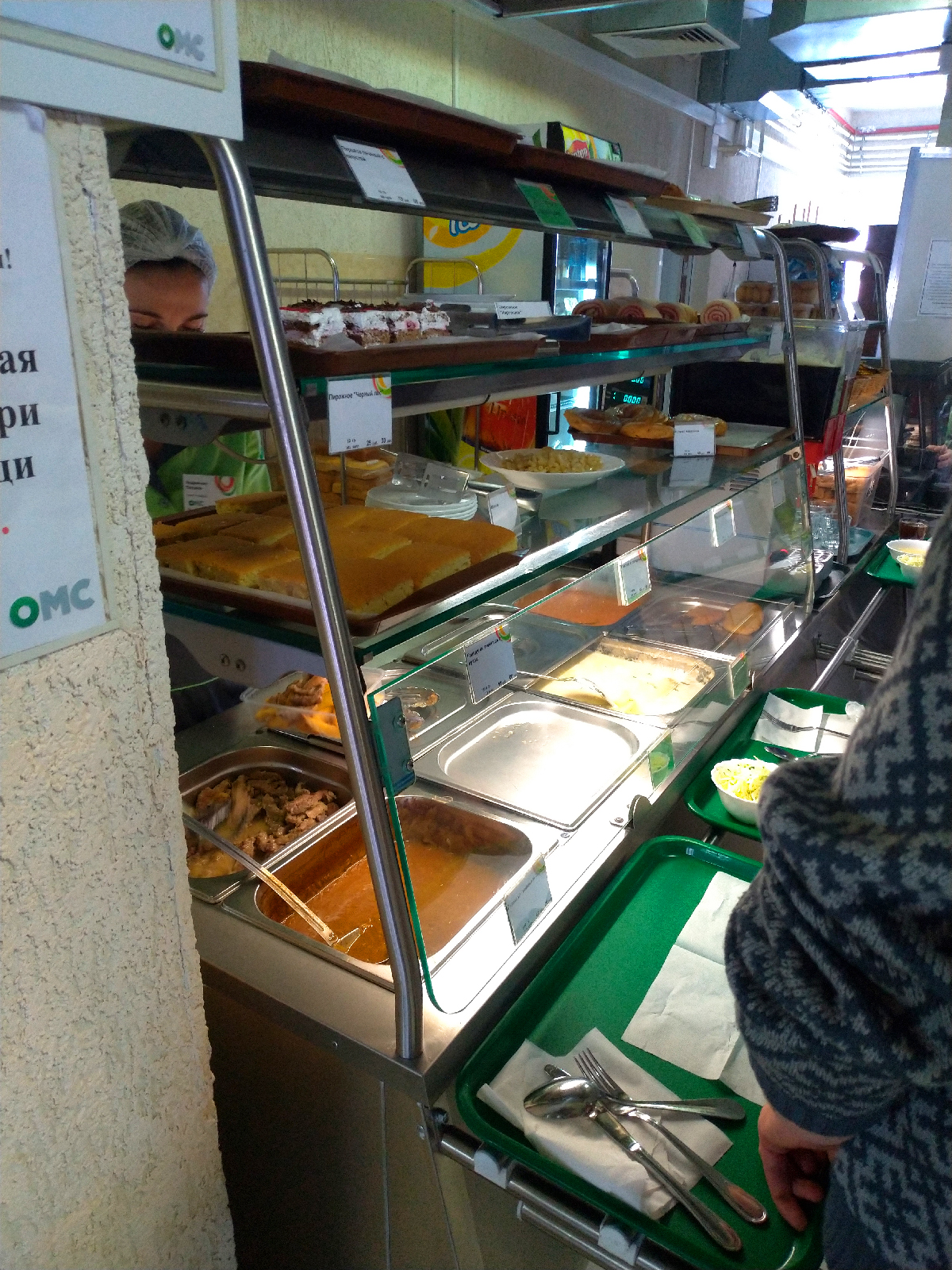
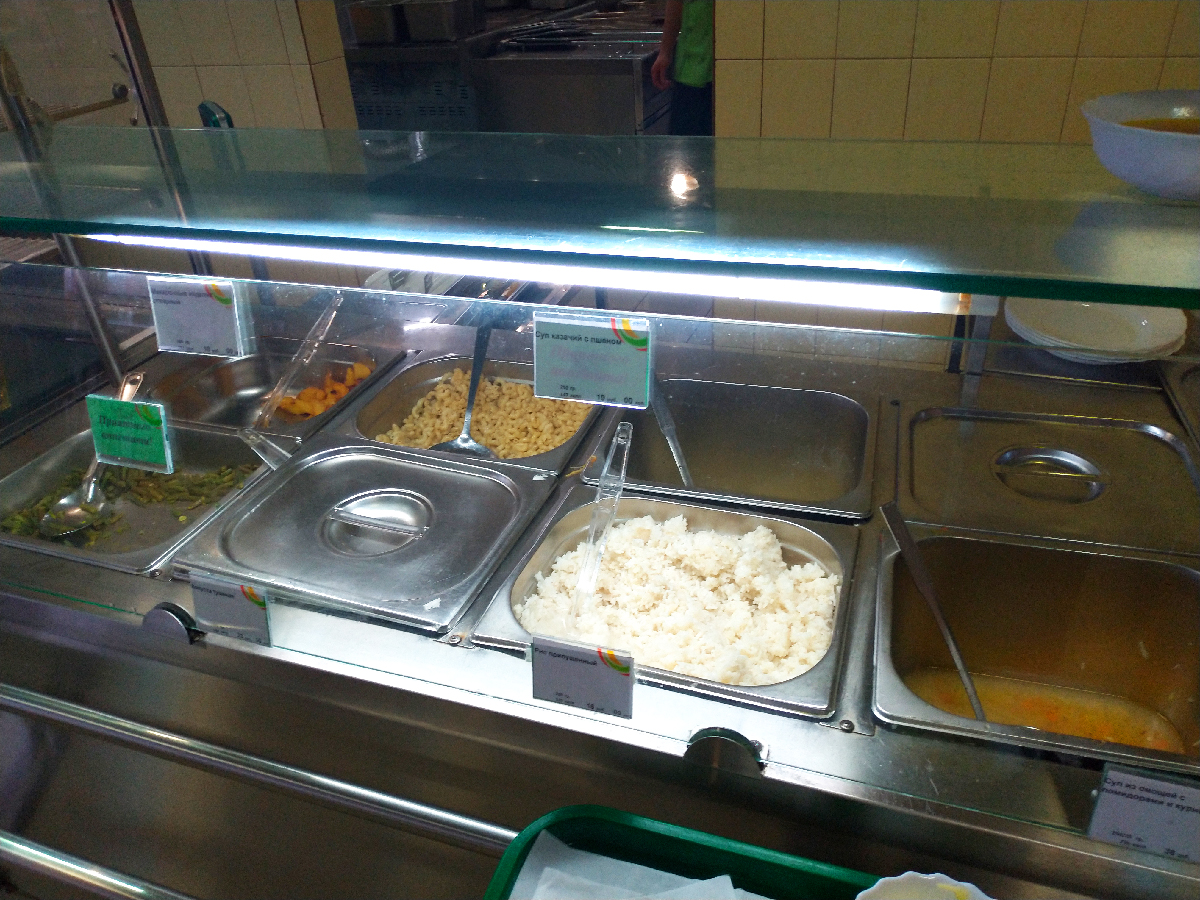
Indeed, everything in Sabetta's canteen was paid. Breakfast cost me around 100 rubles, lunch ranged from 200 to 400 rubles, and I often had to spend an additional 150-200 rubles on dinner, which I usually took with me. Payments were made using a pass, and the expenses were deducted from my salary.
It may not seem expensive, but the quality of the food was mediocre. In Sabetta, I learned that one's stomach can constantly be in discomfort.
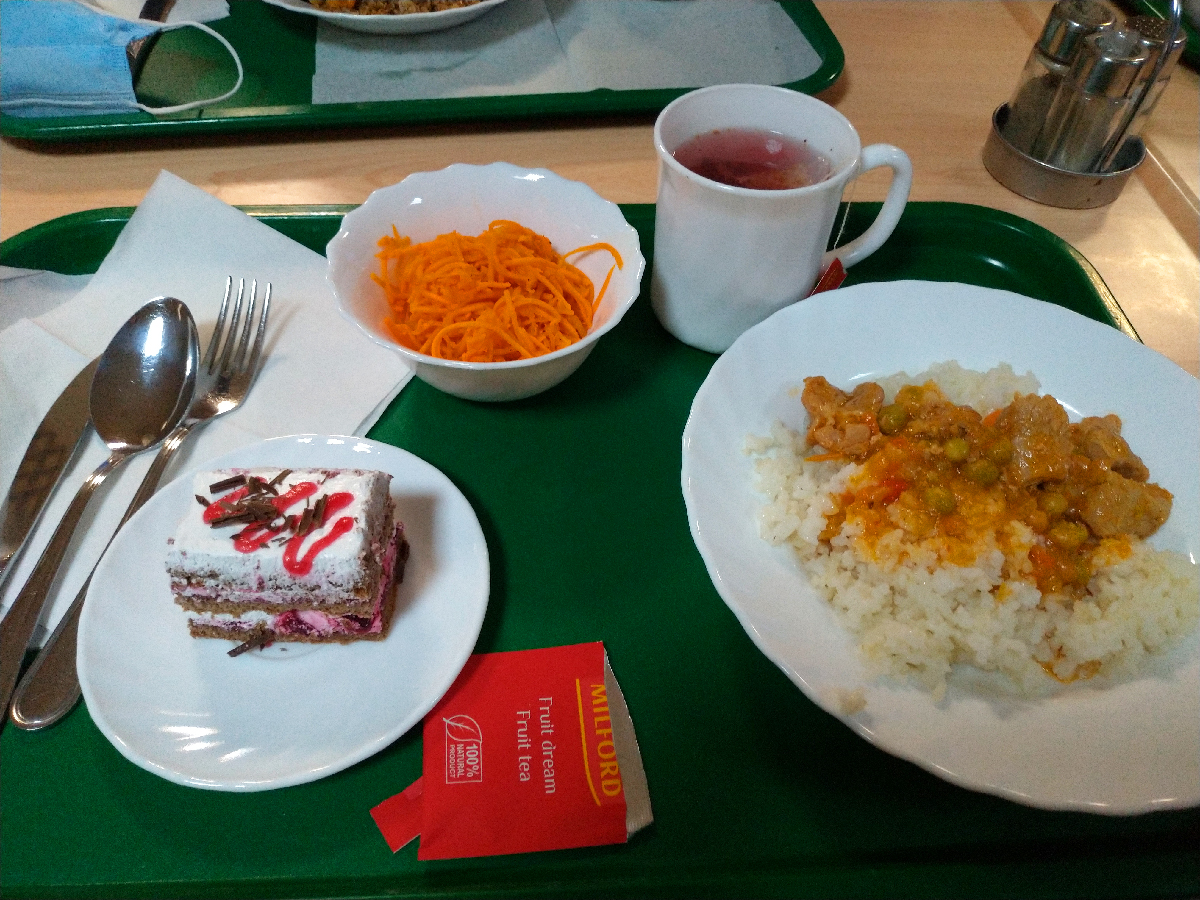
In normal times, the canteen looked like this:
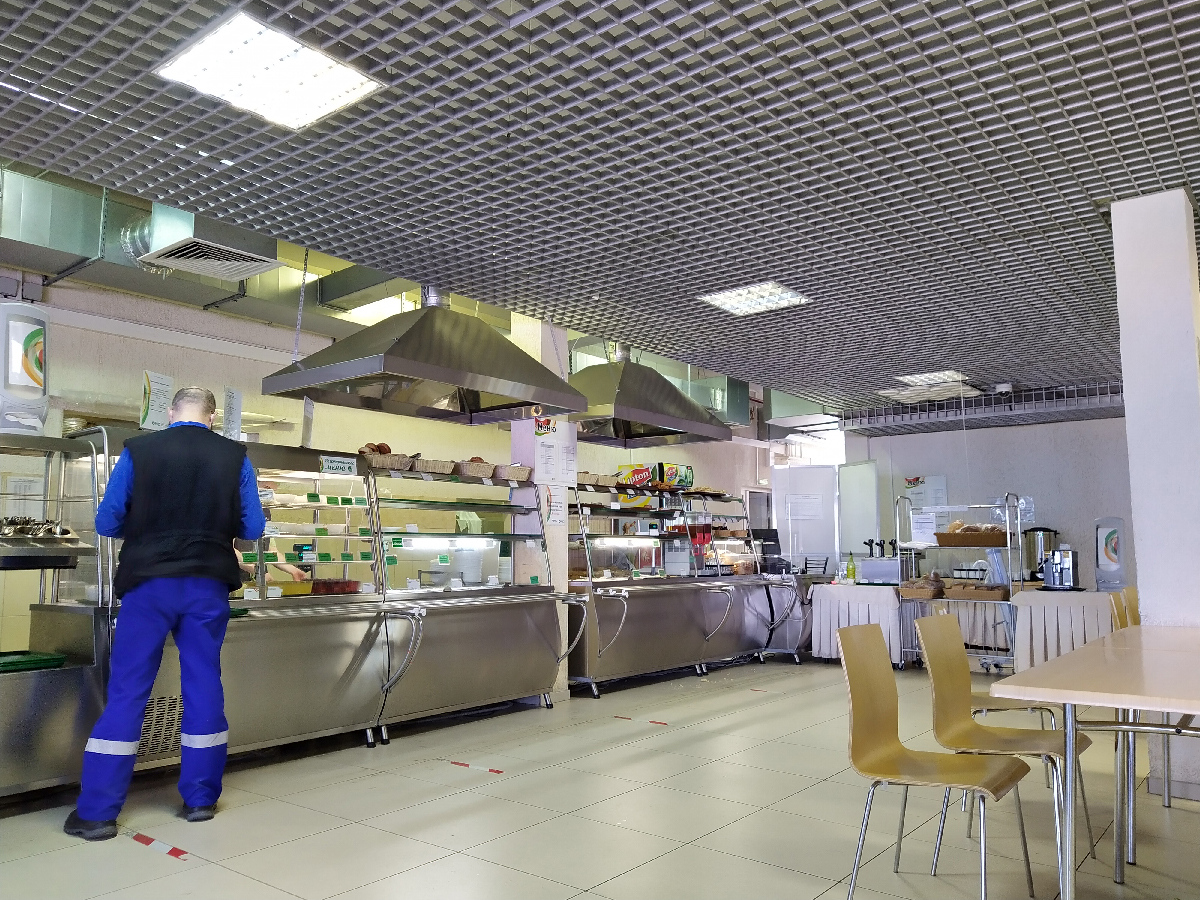
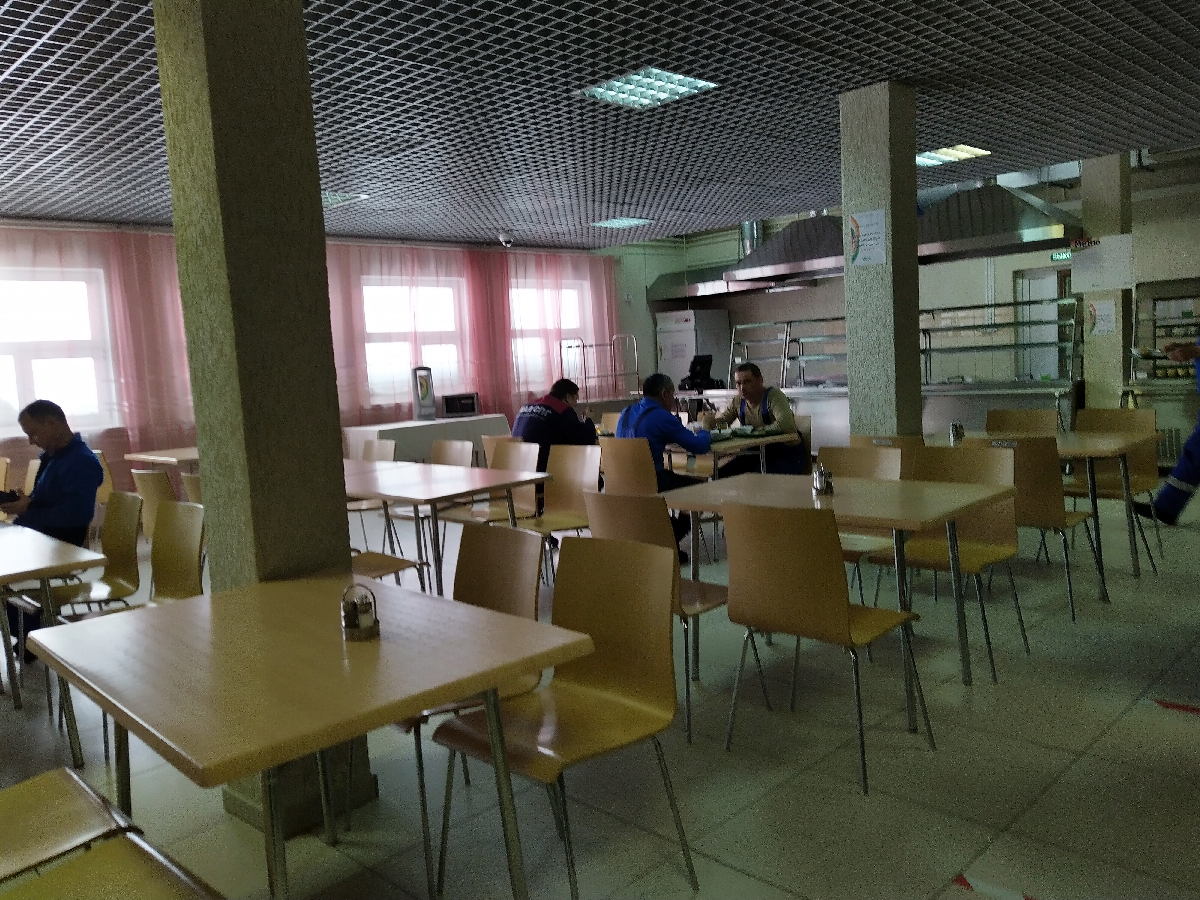
However, more often than not, there was a queue of about 15-20 minutes. I tried to adjust my schedule to arrive without having to wait in line, but during my first rotation, it didn't always work out.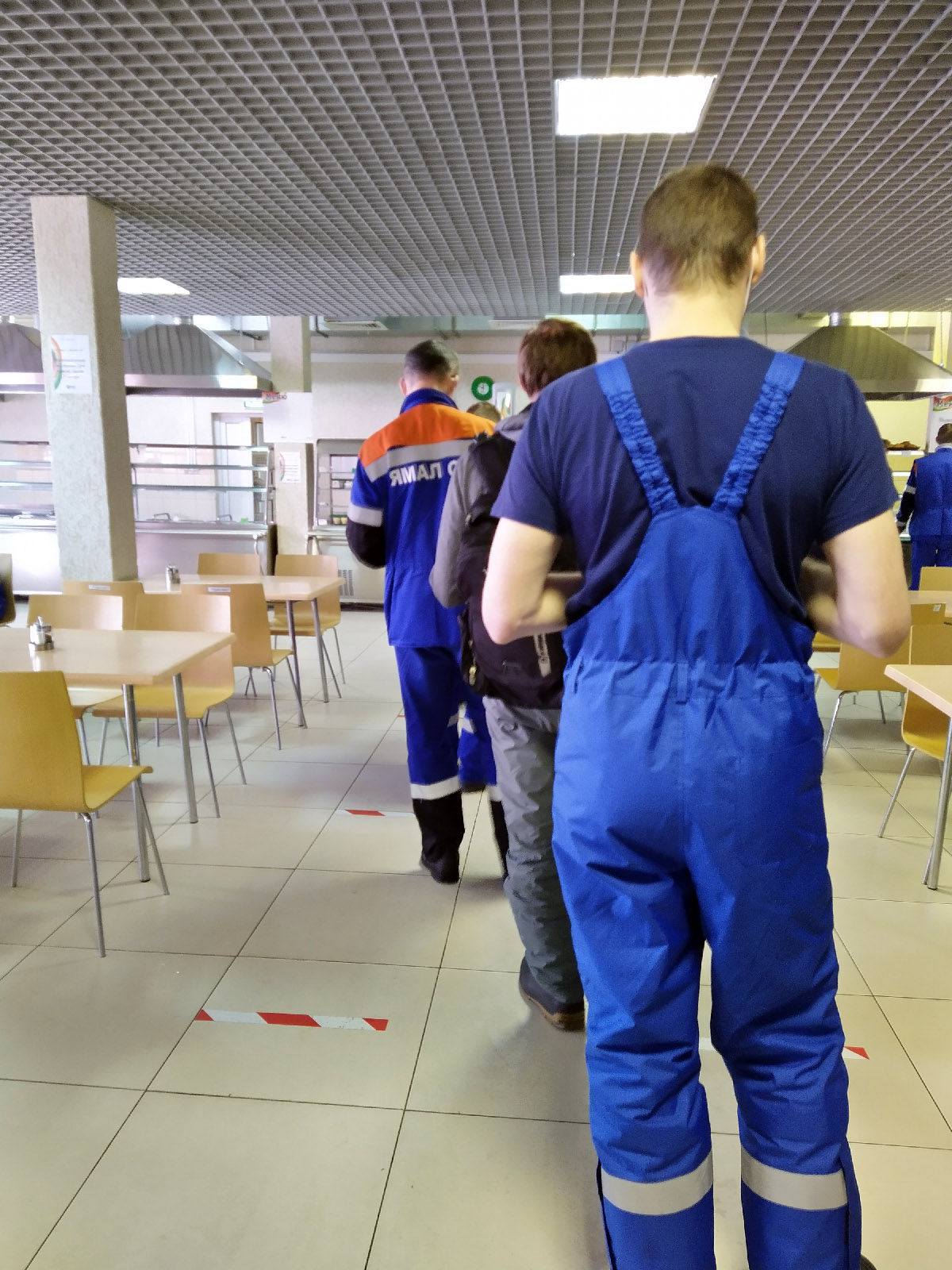
My work was in the office, which was also located in the camp. It was just a 1-minute walk from the canteen and a 3-minute walk from my room.
The office space looked like this:
It's surprising that there wasn't a designated coffee room in the office, but the IT guys took matters into their own hands and created one in one of their own offices.
The view from the office included the plant and, interestingly, a VIP sauna.
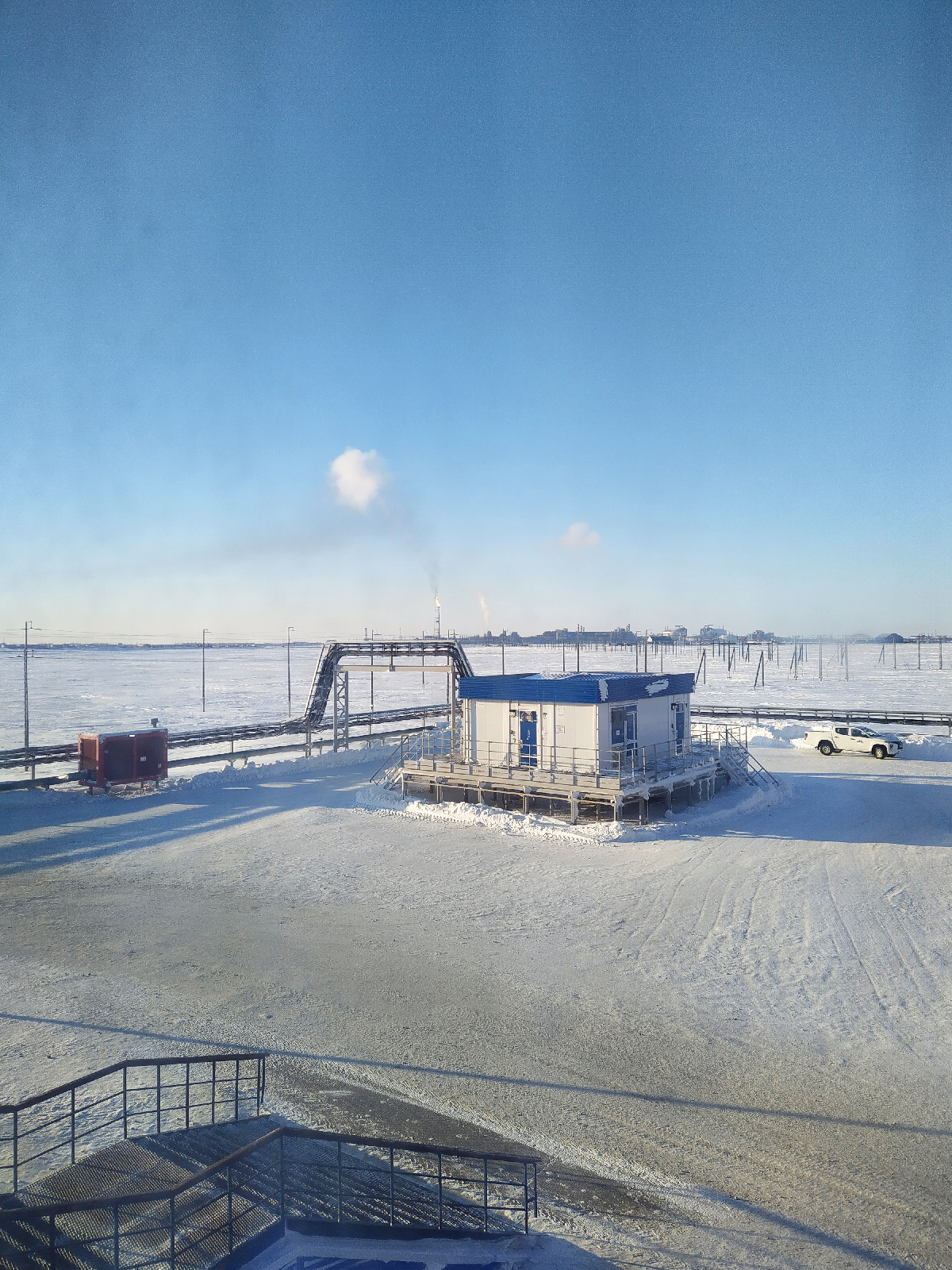
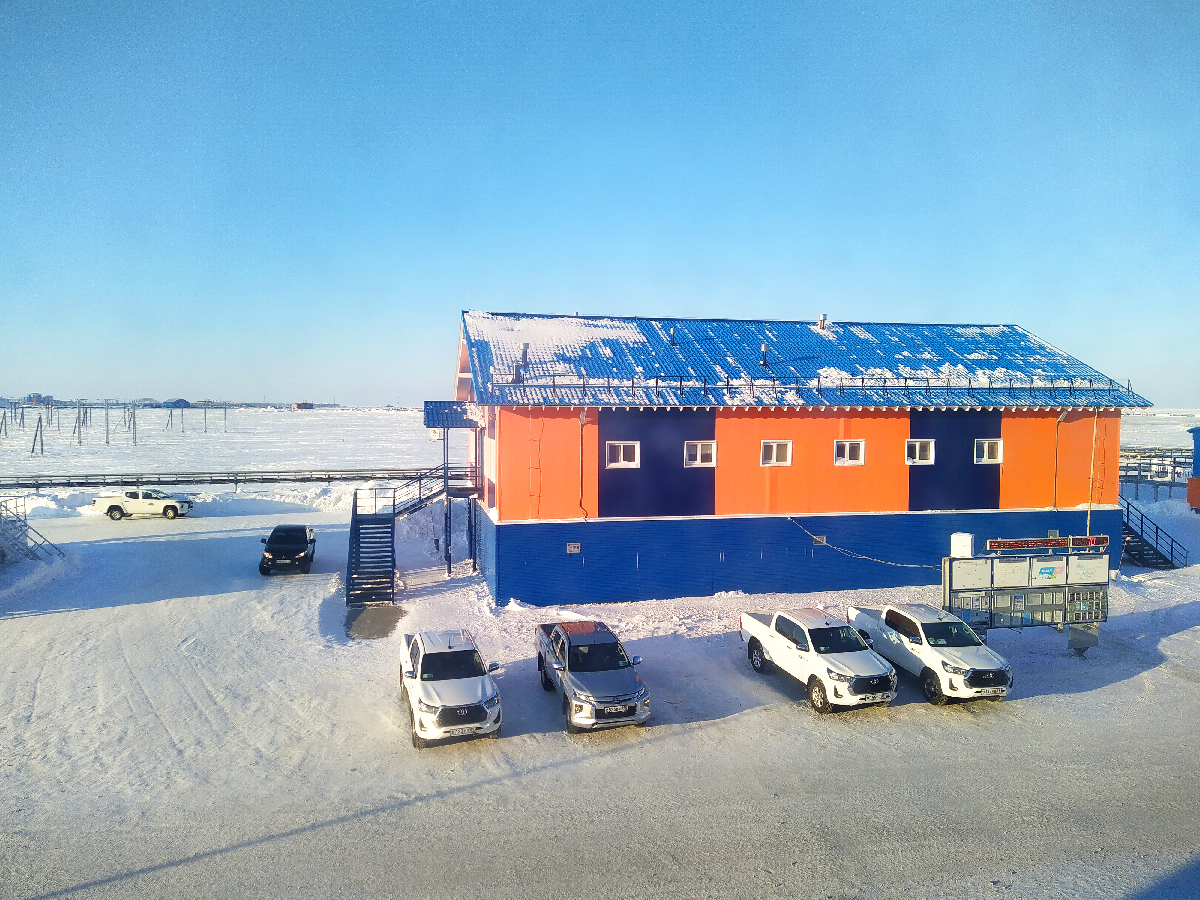
The main thing is to find a baby walrus :)
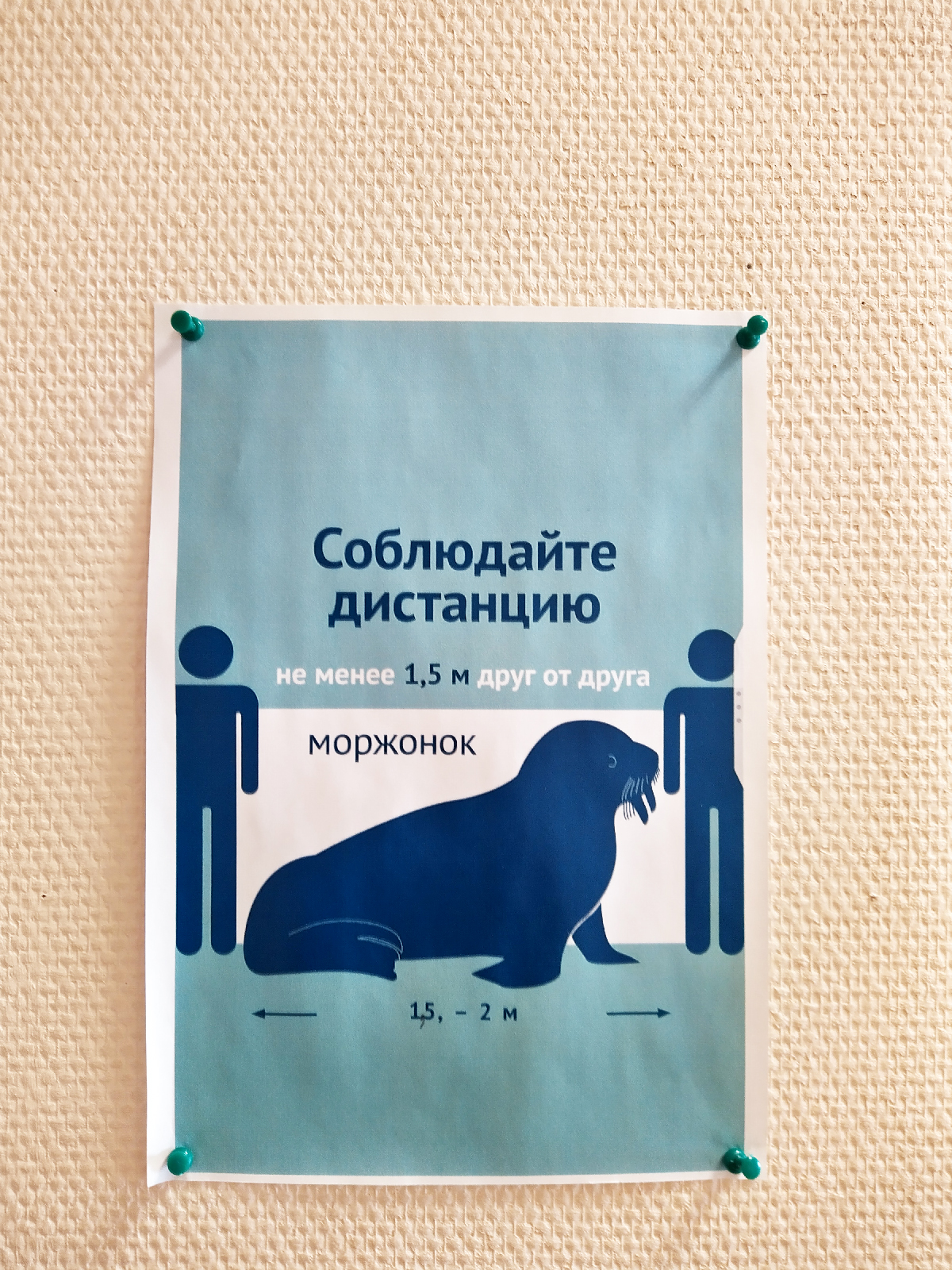
Immediately, they made us undergo various tests according to corporate rules. Without any comments...
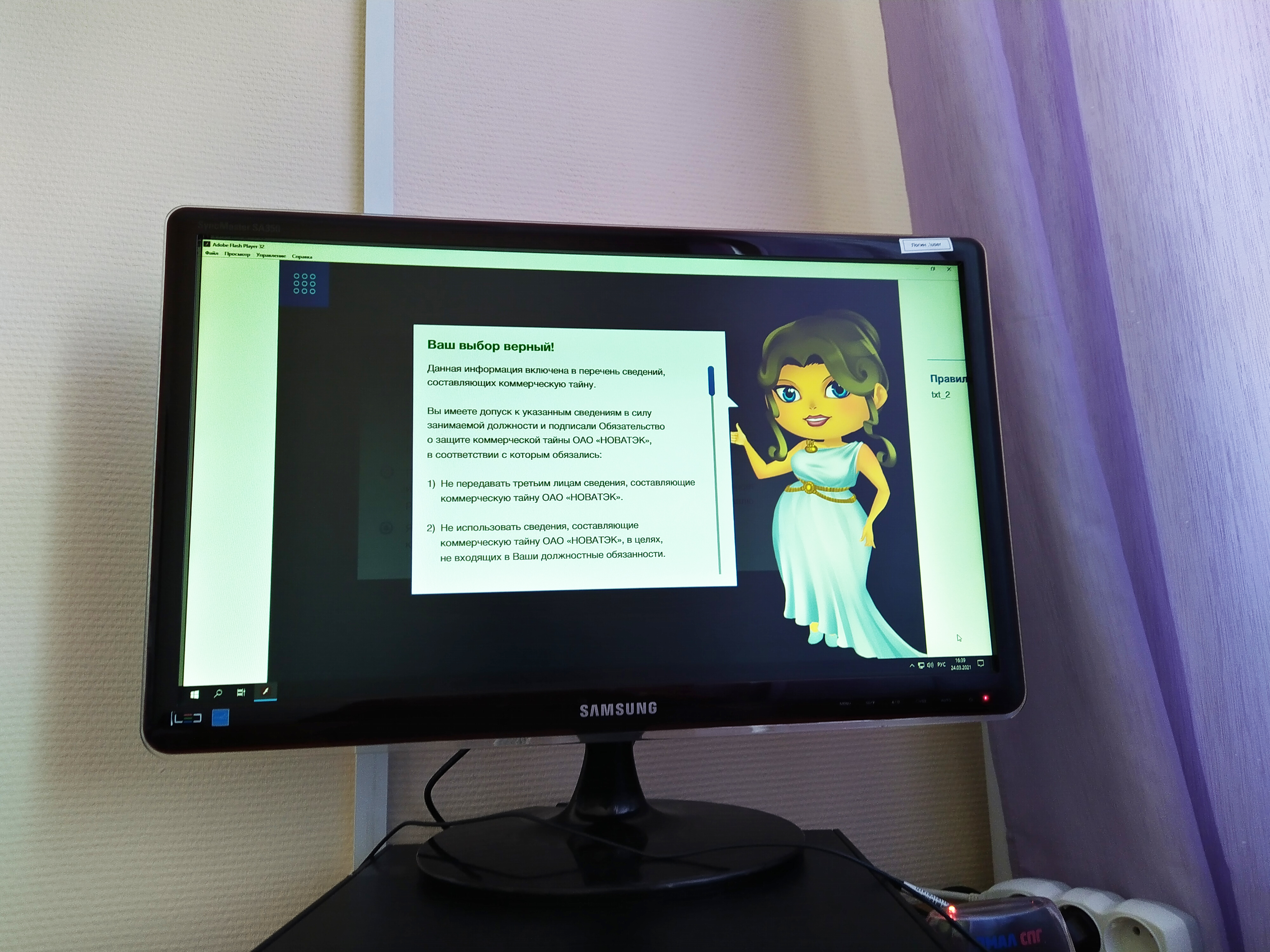
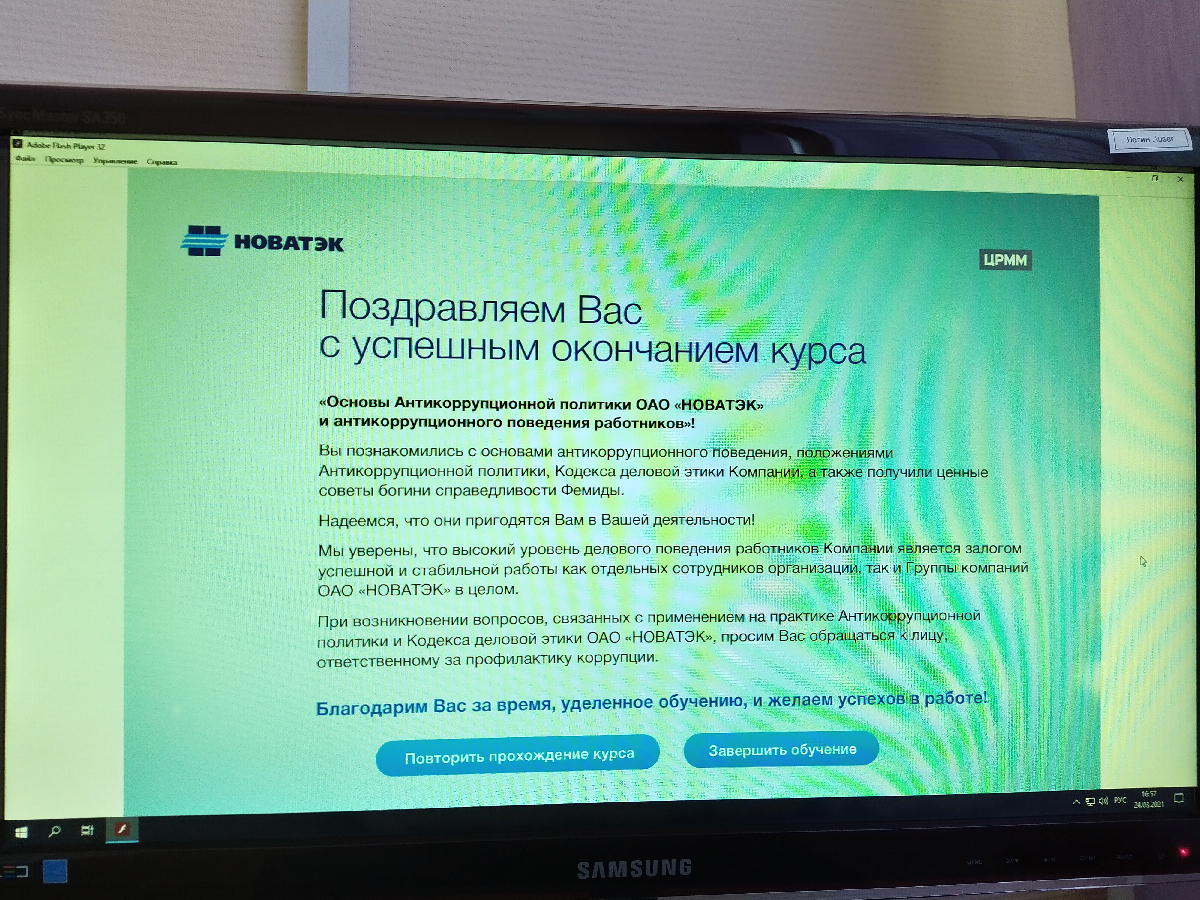 Suddenly... Here it says Nikita - the main character - is the leader of one of the departments.
Suddenly... Here it says Nikita - the main character - is the leader of one of the departments.
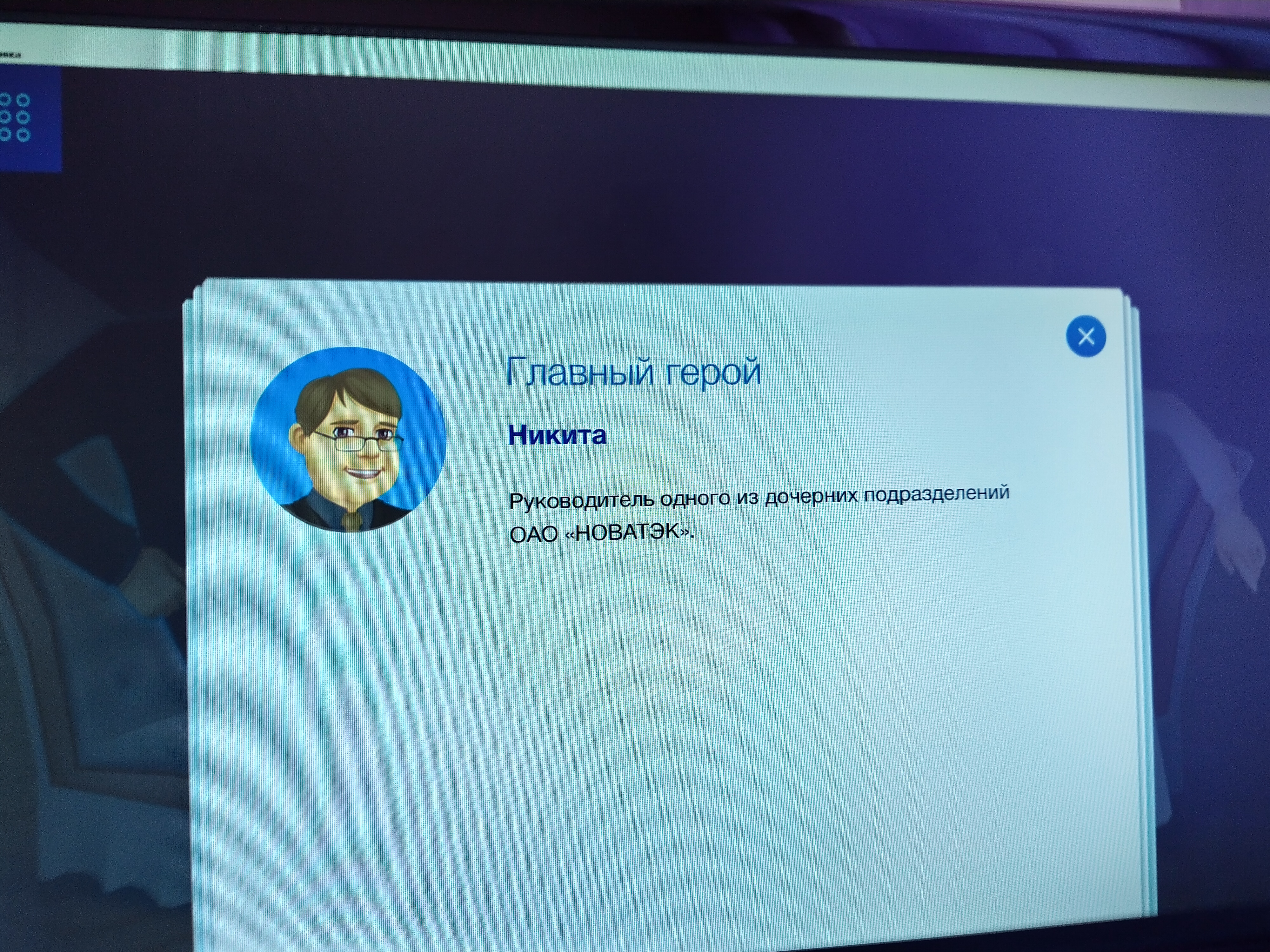
During my first trip, I stayed for 3 months, arriving in March and leaving in June.
I had to take walks around the settlement because there was nowhere else to go. The first 1.5 months were okay, but then it became tedious to see the same things over and over again.
A daytime walk would look like this:
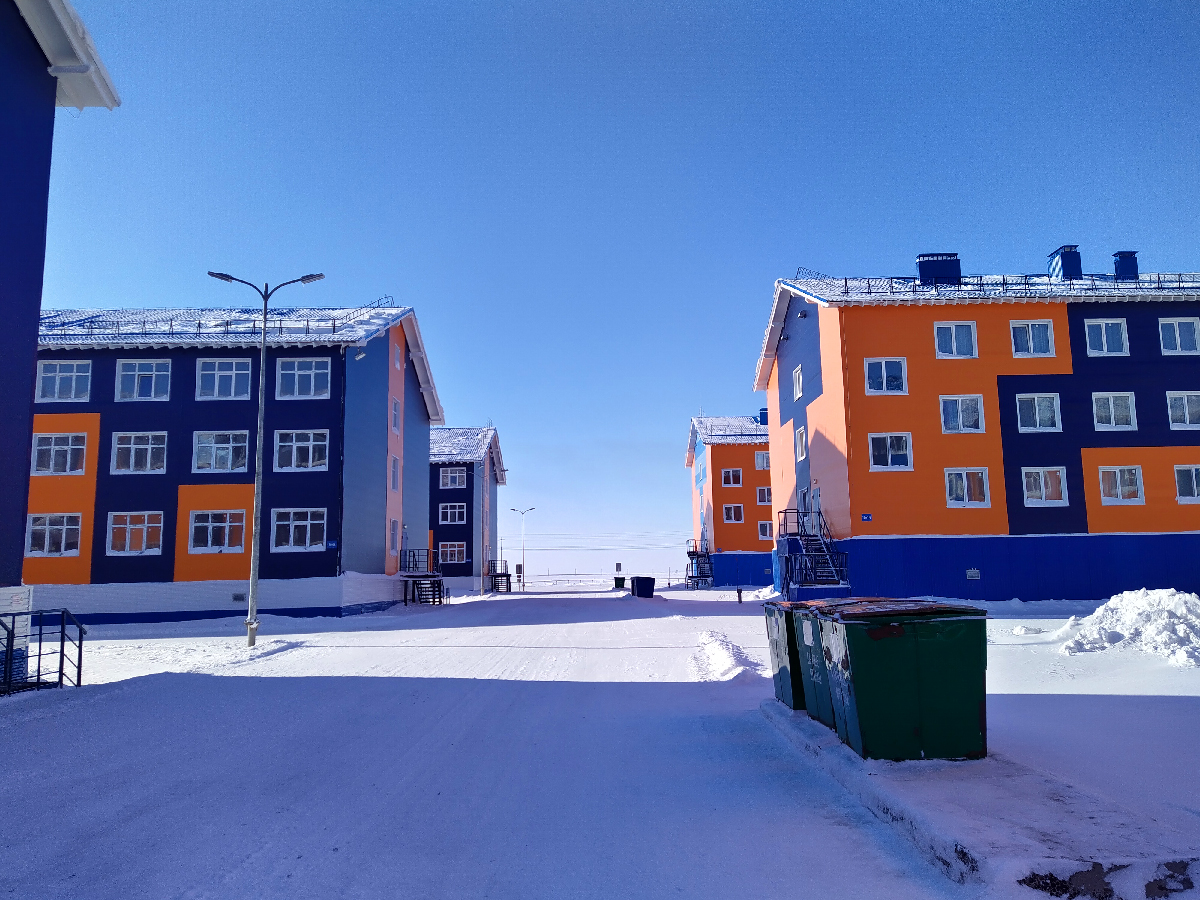
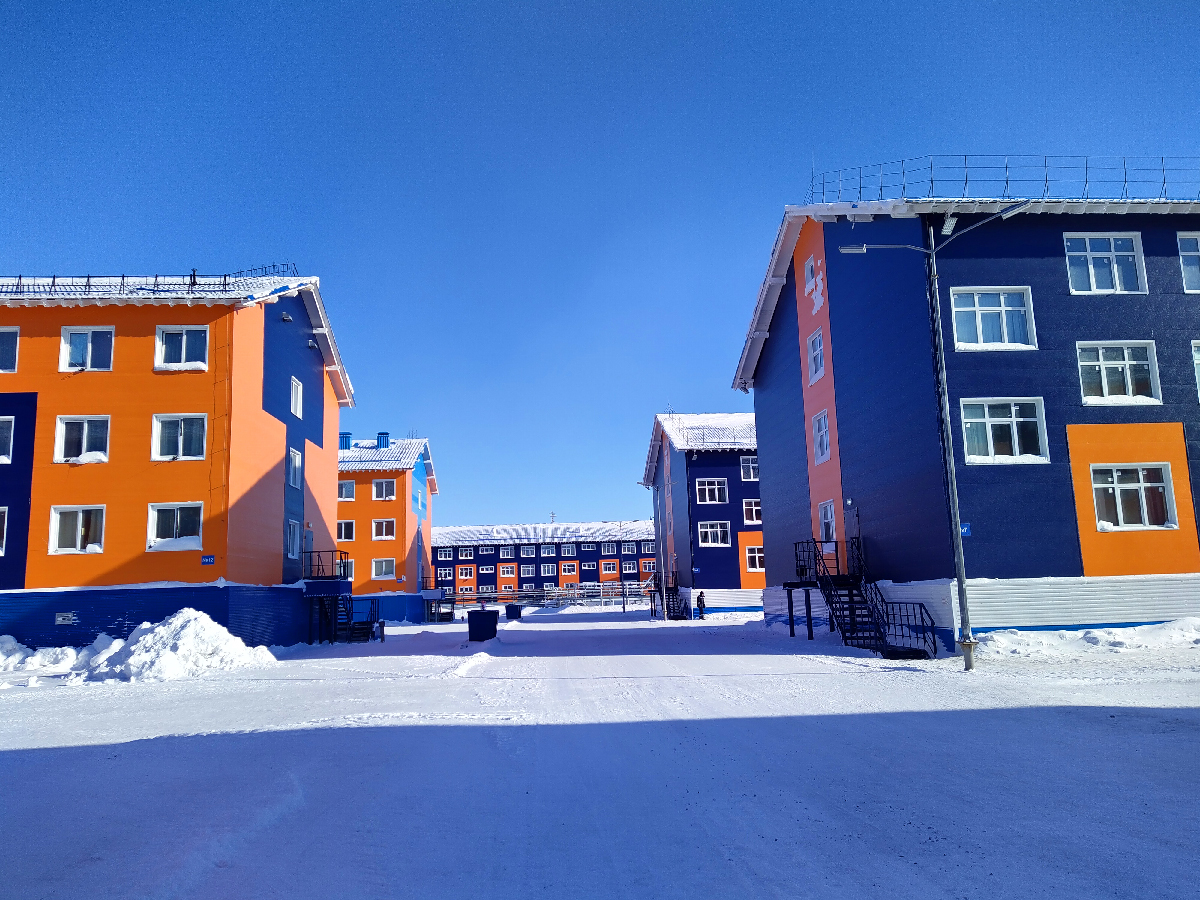
Here, there is even a church.
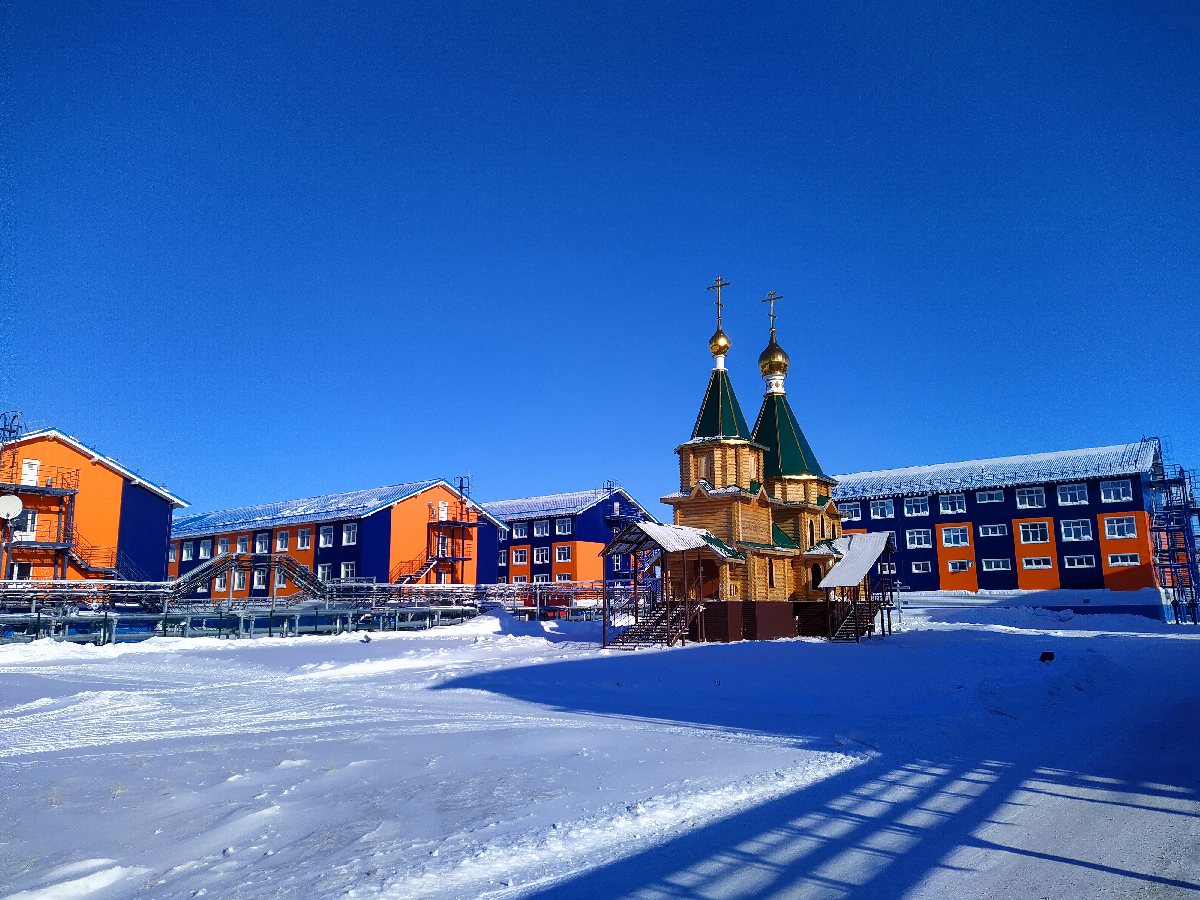 During my walks, I discovered that there was also a shop where you could pay with your access pass.
During my walks, I discovered that there was also a shop where you could pay with your access pass.
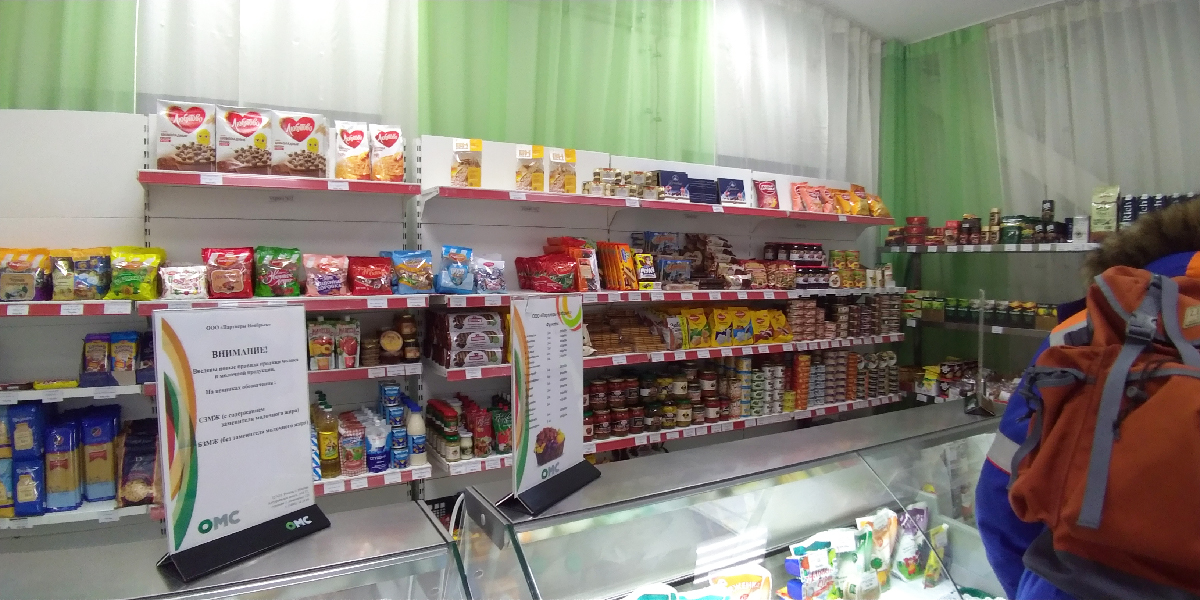
When I arrived, I couldn't believe the prices. Everything was 2-3 times more expensive than in an average store across Russia. Furthermore, I discovered that the shop was exclusive and only accessible to certain individuals. Employees from other companies were unable to purchase anything there, and they had to rely on another store where supplies were often scarce.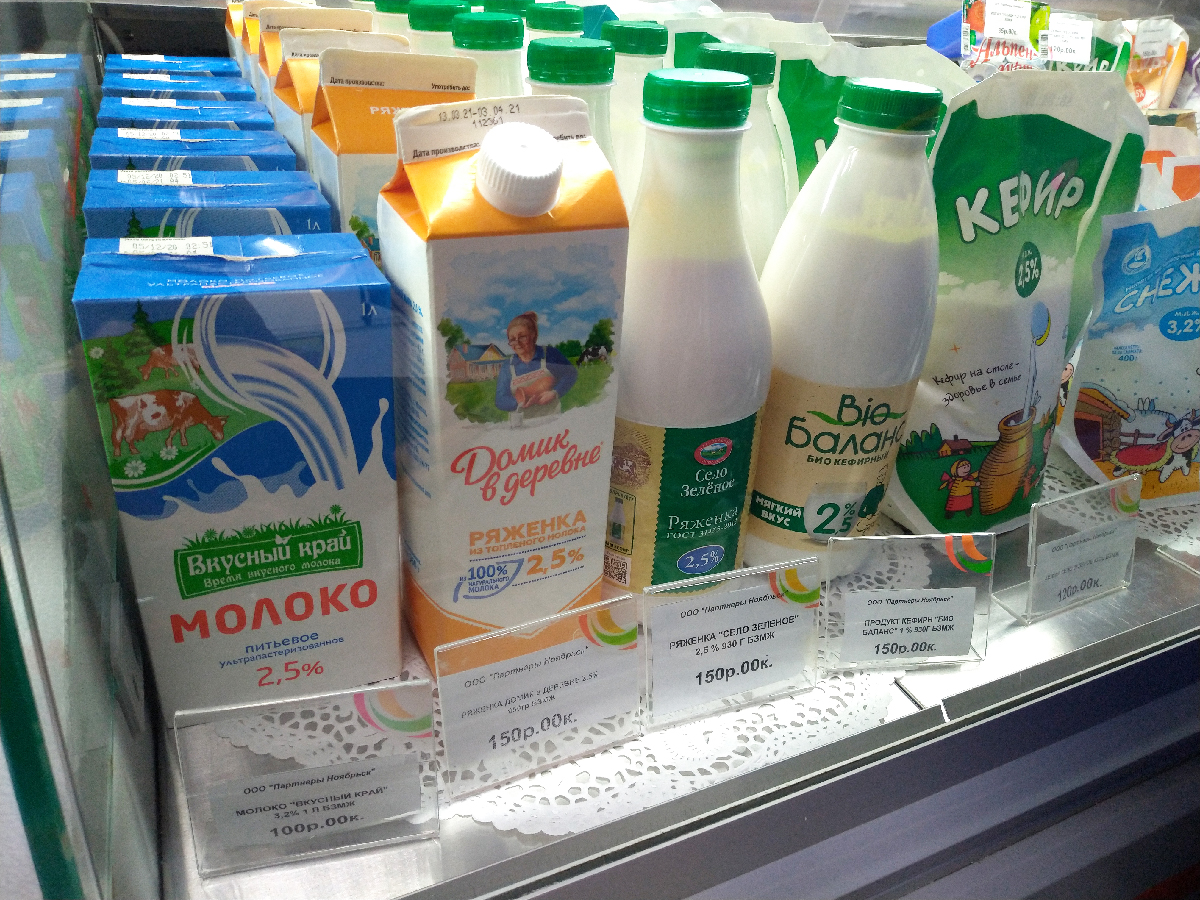
In the evenings, I also tried to go out sometimes, taking walks around the area to unwind.
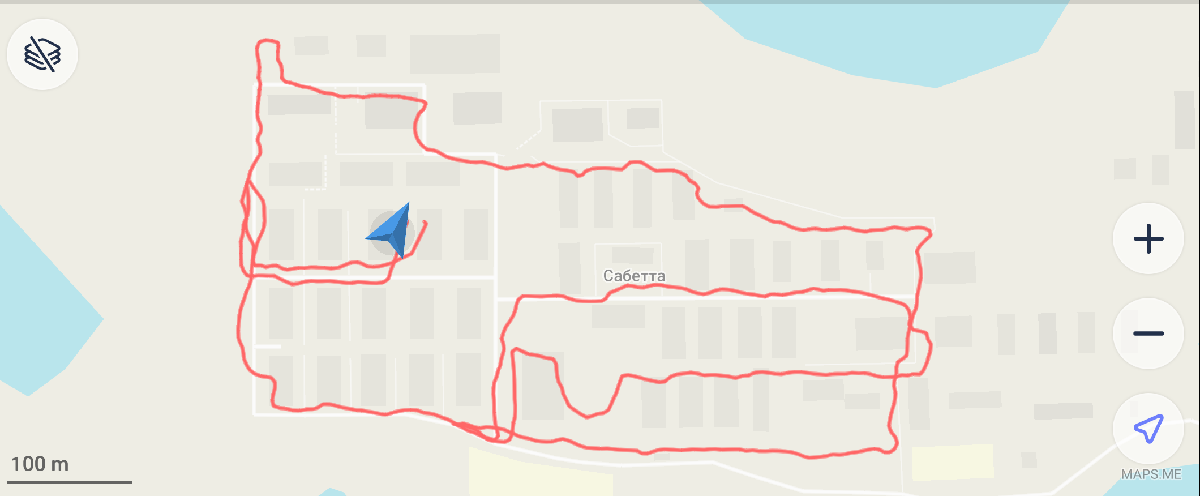
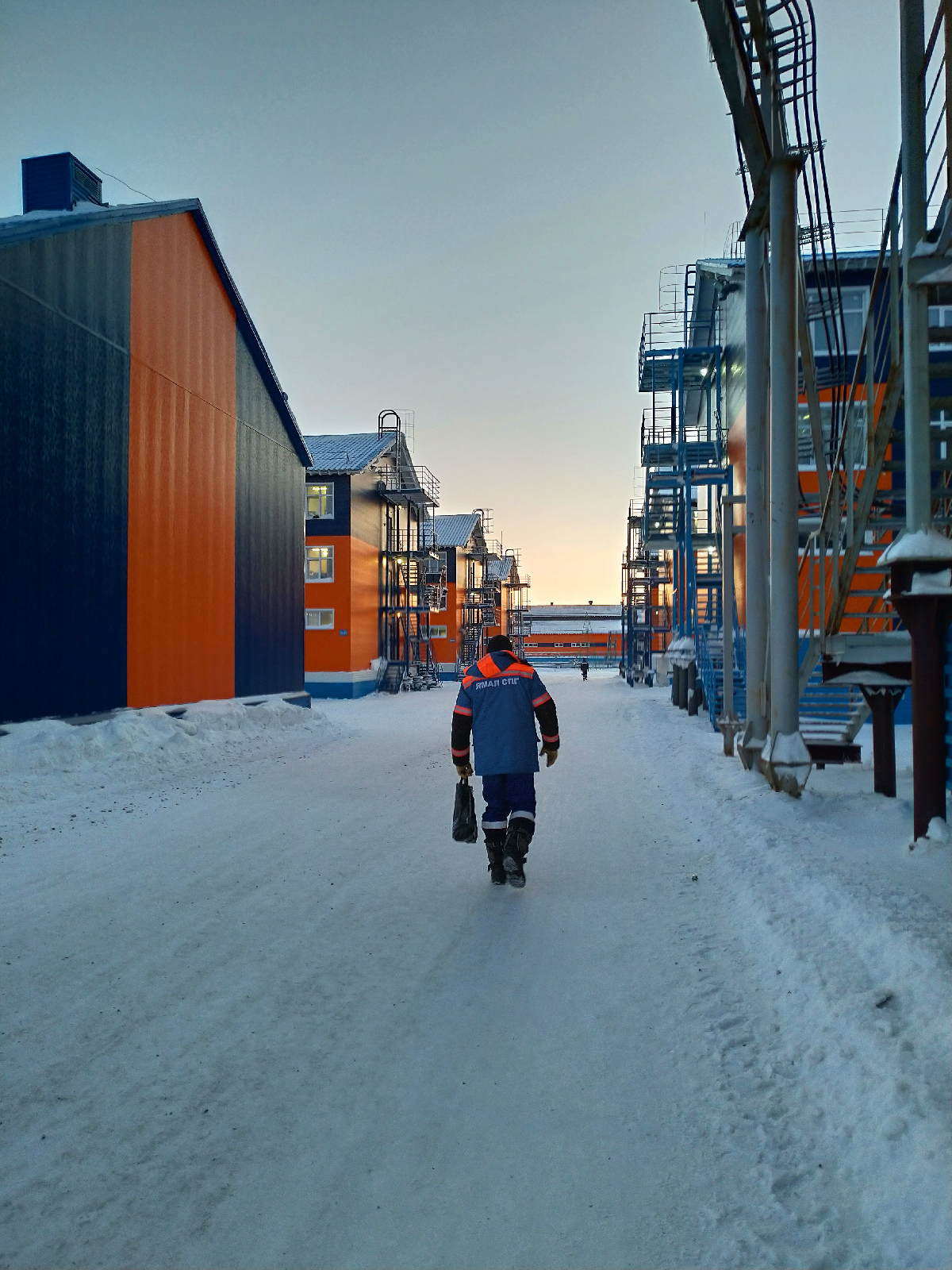
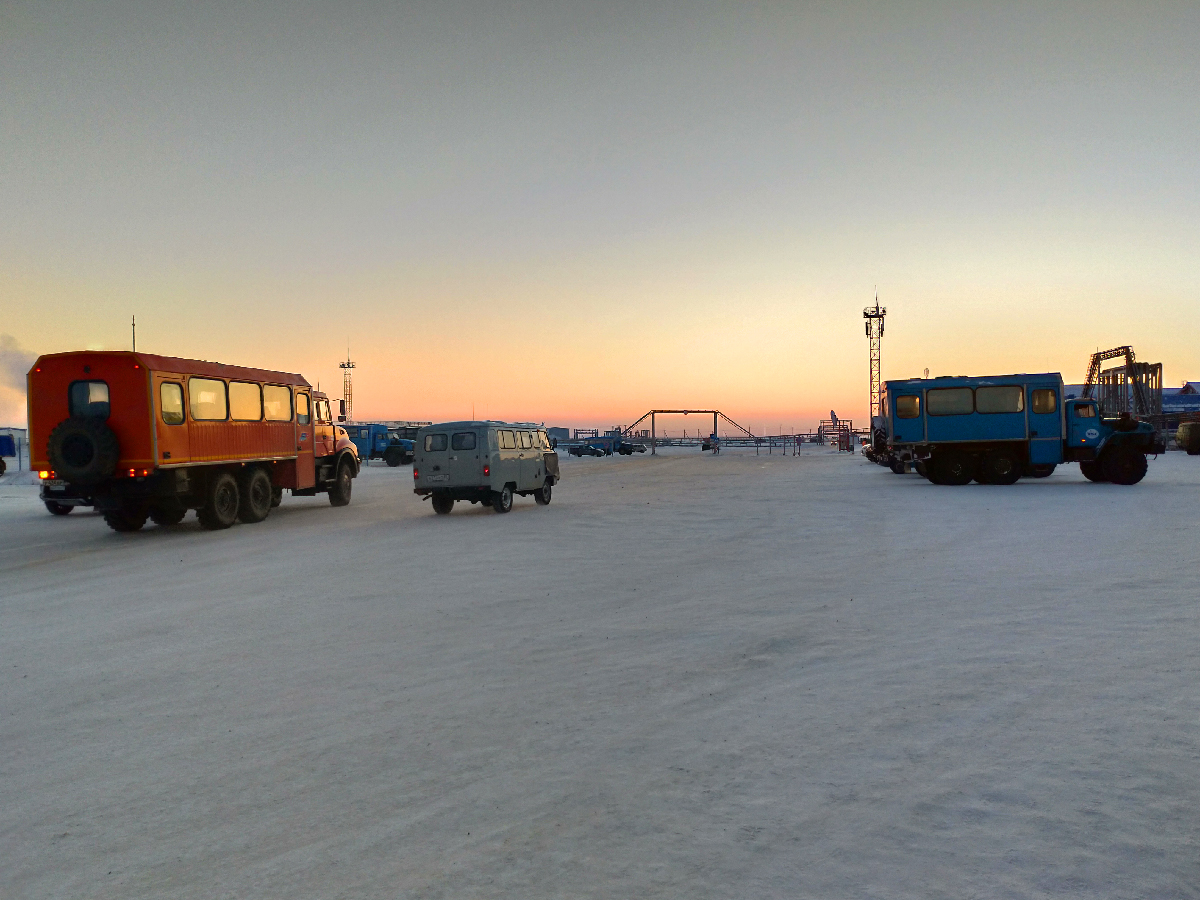
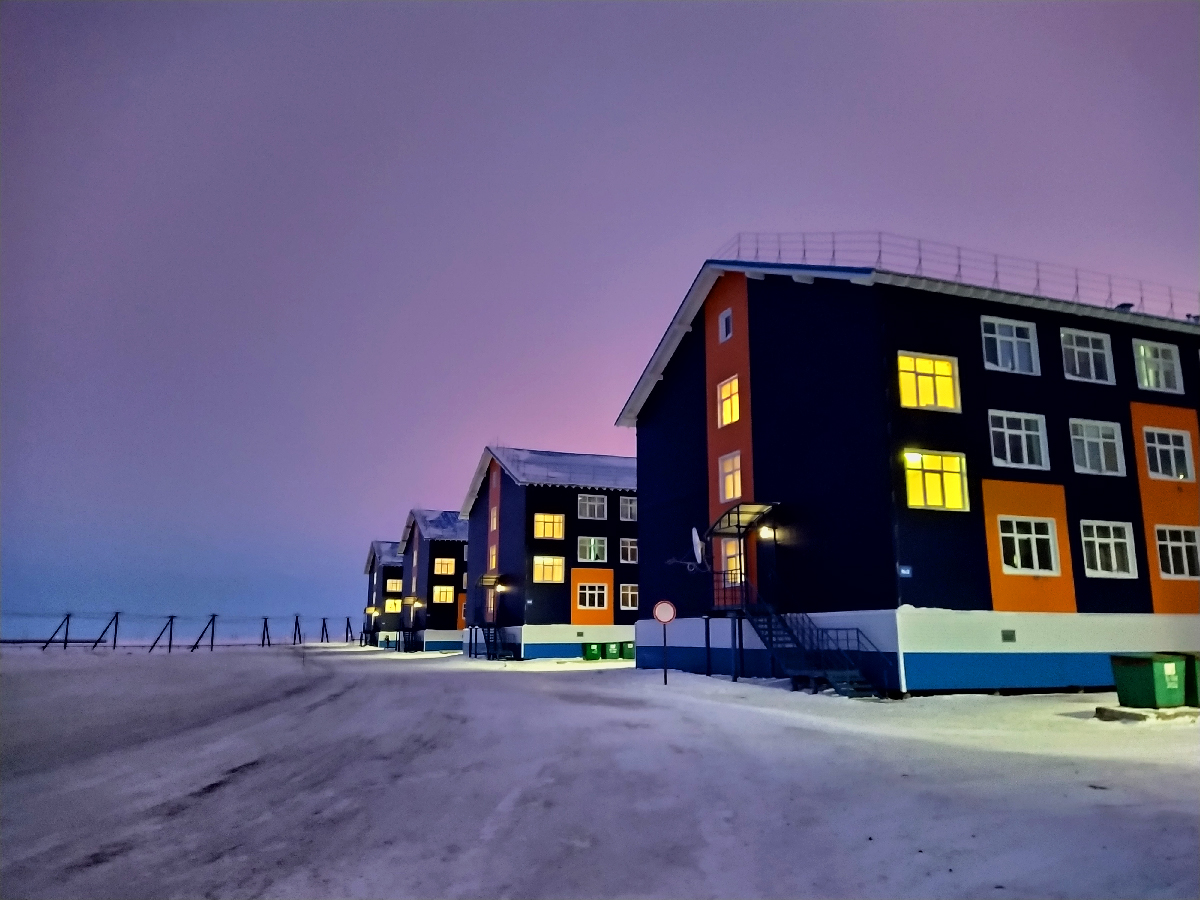
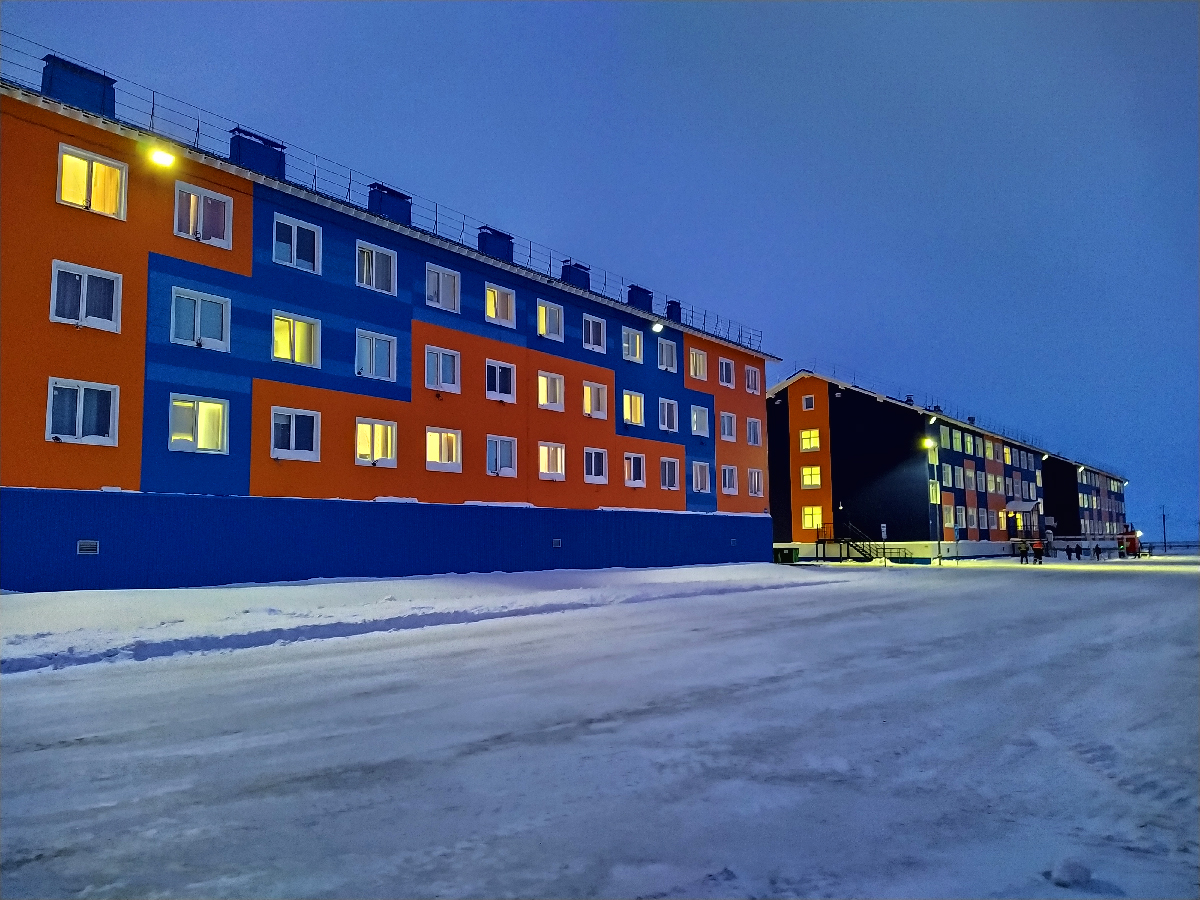
On the horizon, the glow of the factory lights up the sky.

The factory up close looks something like this
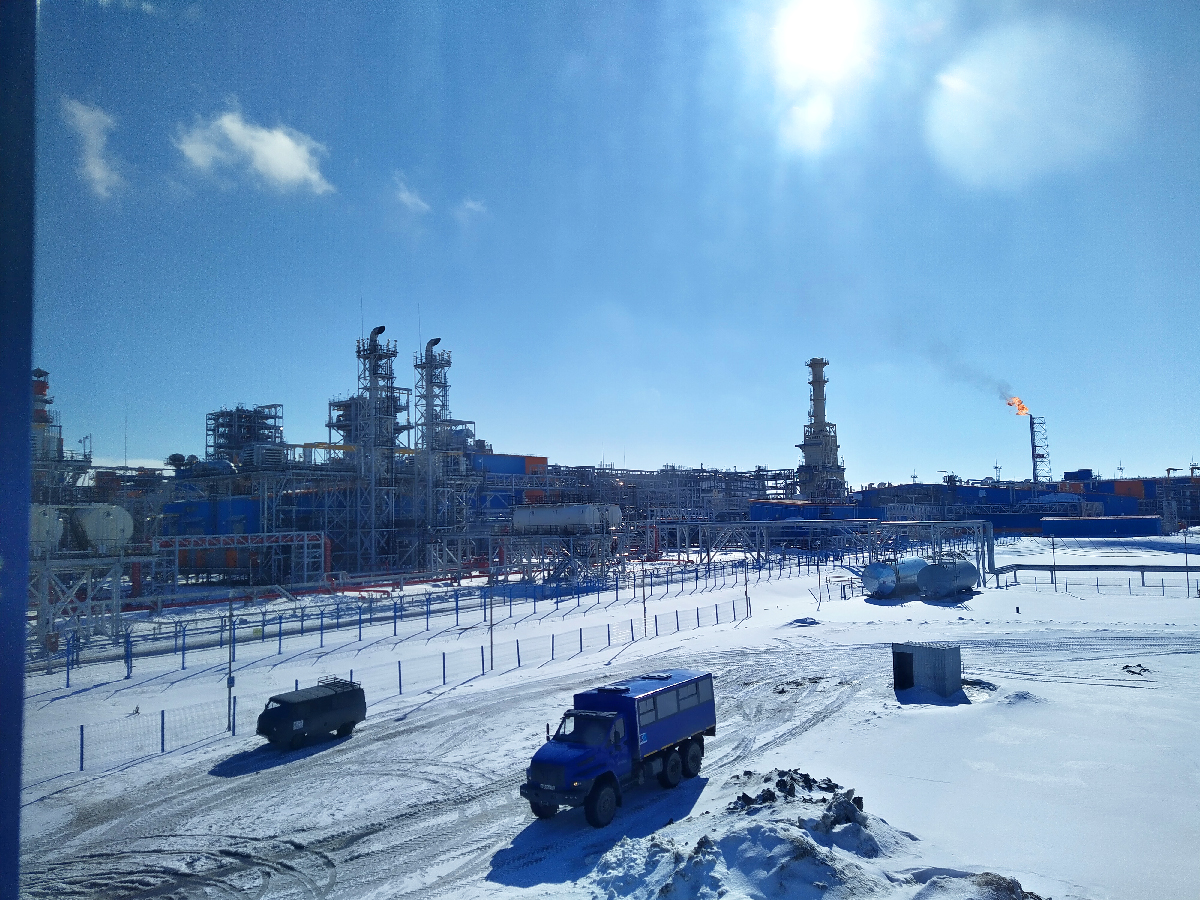
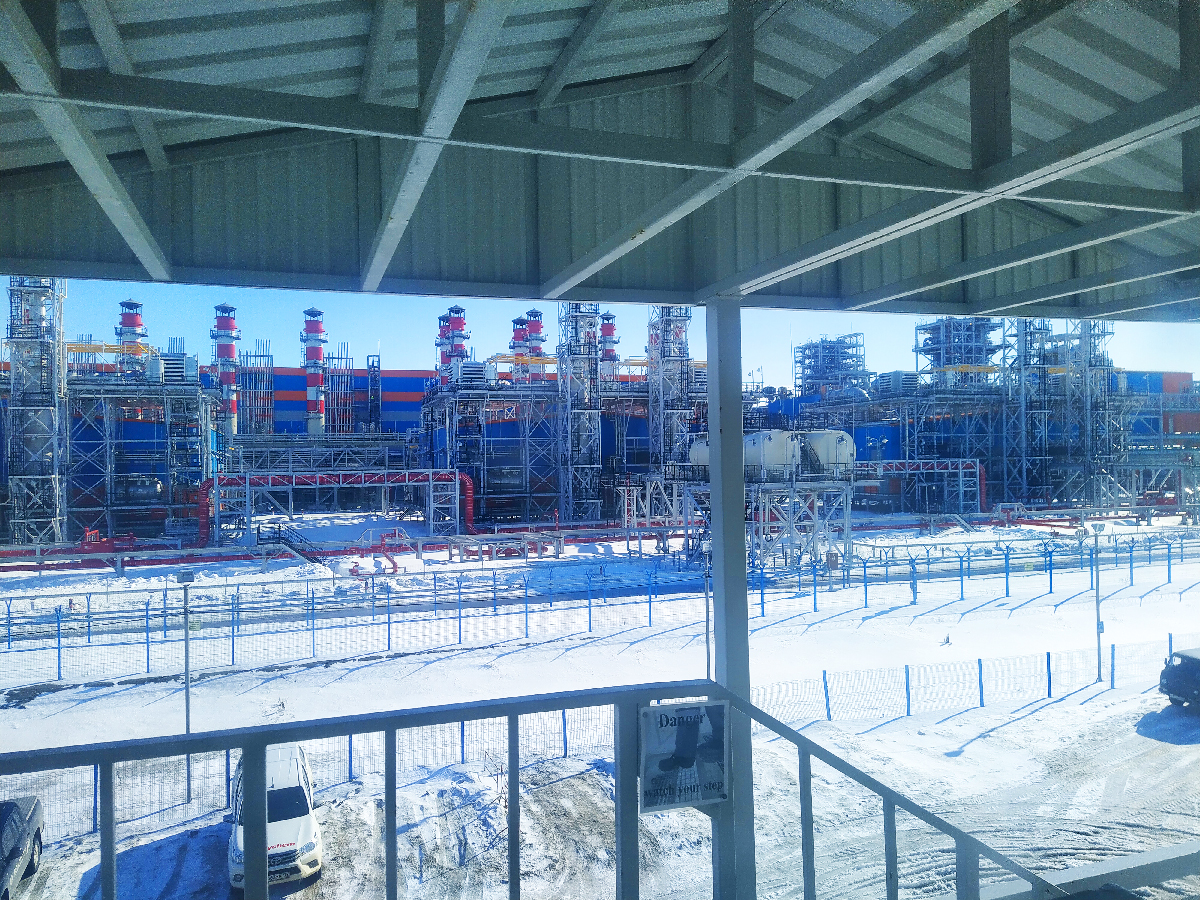
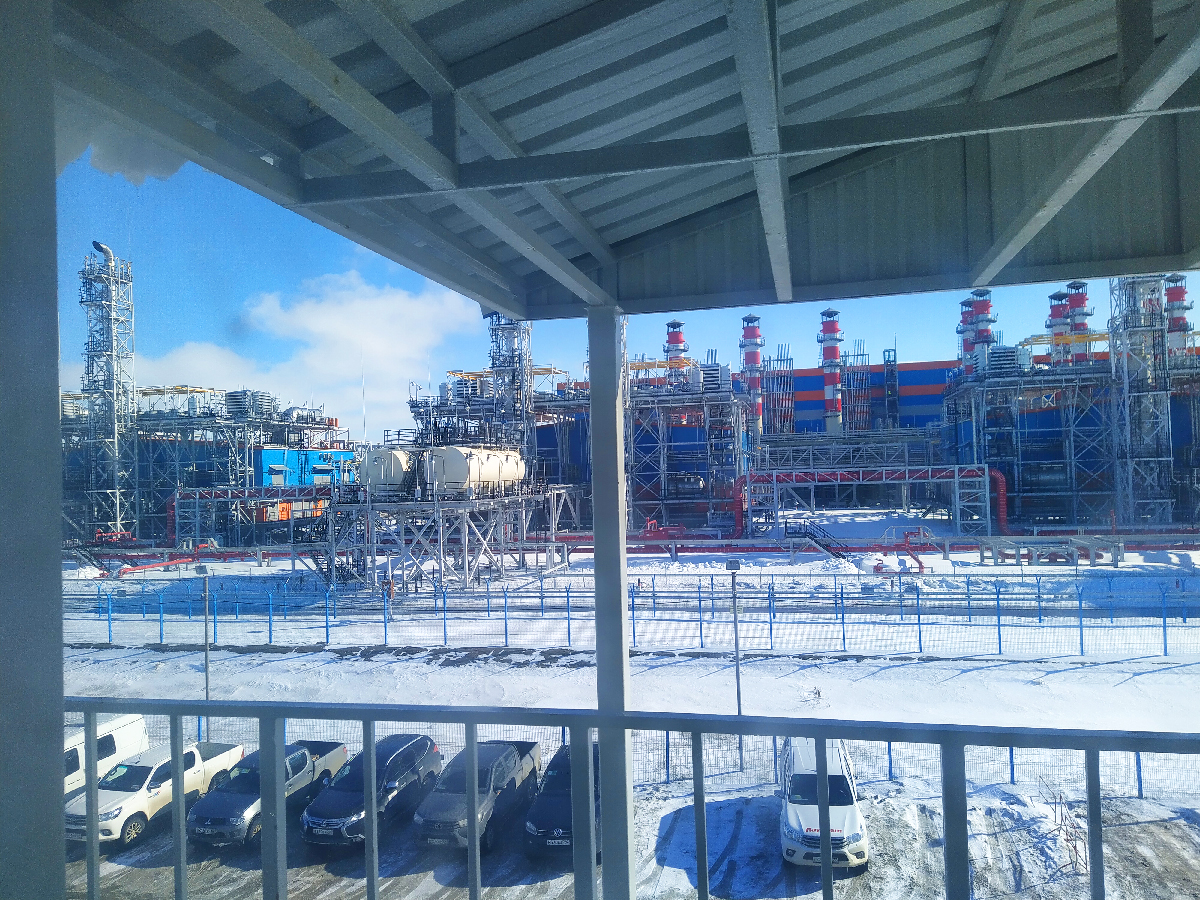 In terms of entertainment, it was also quite gloomy. People were either eating or sleeping for the most part, and there were no organized events or activities. Occasionally, we would organize dinners ourselves for various reasons, which was a somewhat peculiar affair.
In terms of entertainment, it was also quite gloomy. People were either eating or sleeping for the most part, and there were no organized events or activities. Occasionally, we would organize dinners ourselves for various reasons, which was a somewhat peculiar affair.
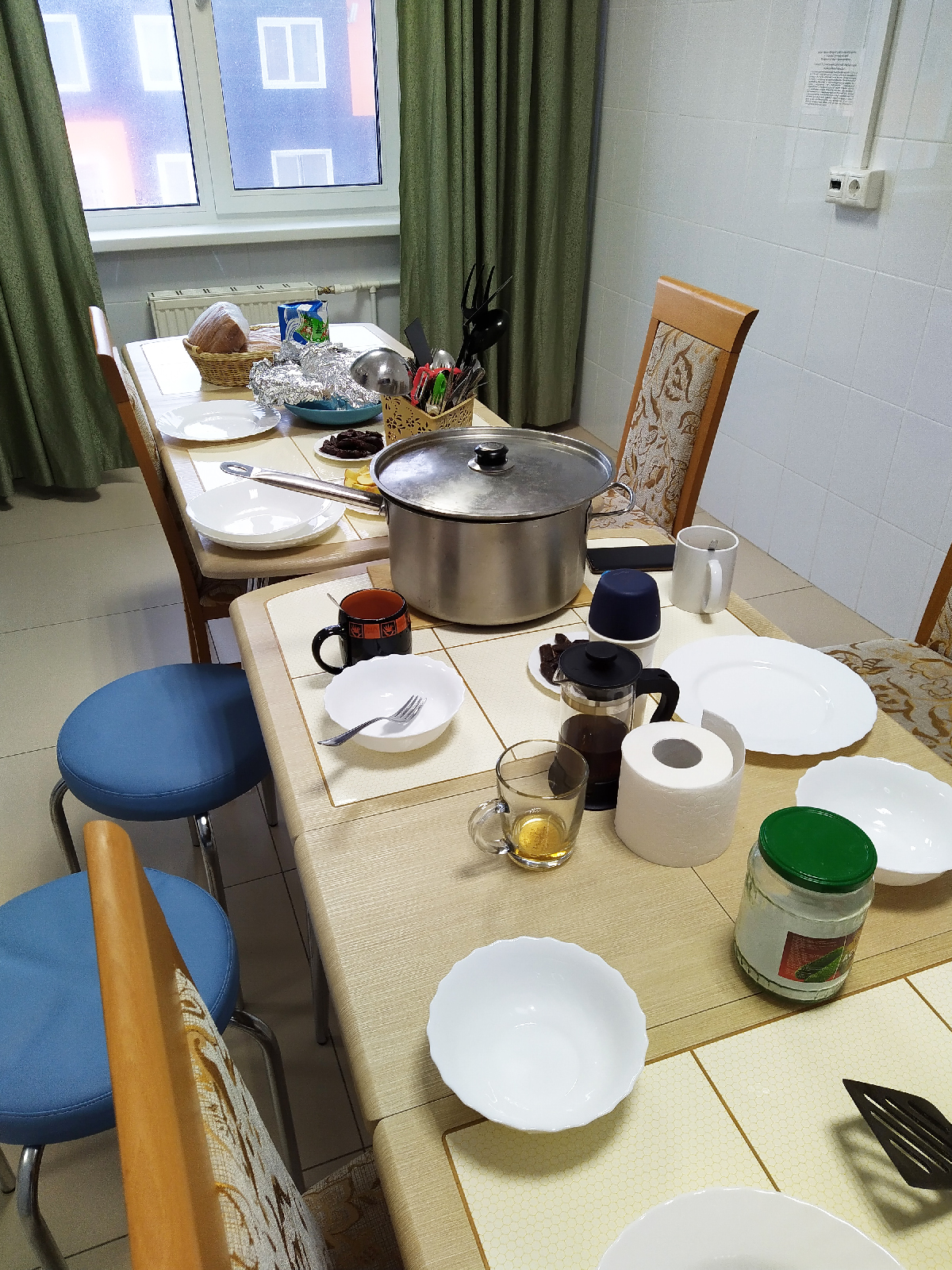
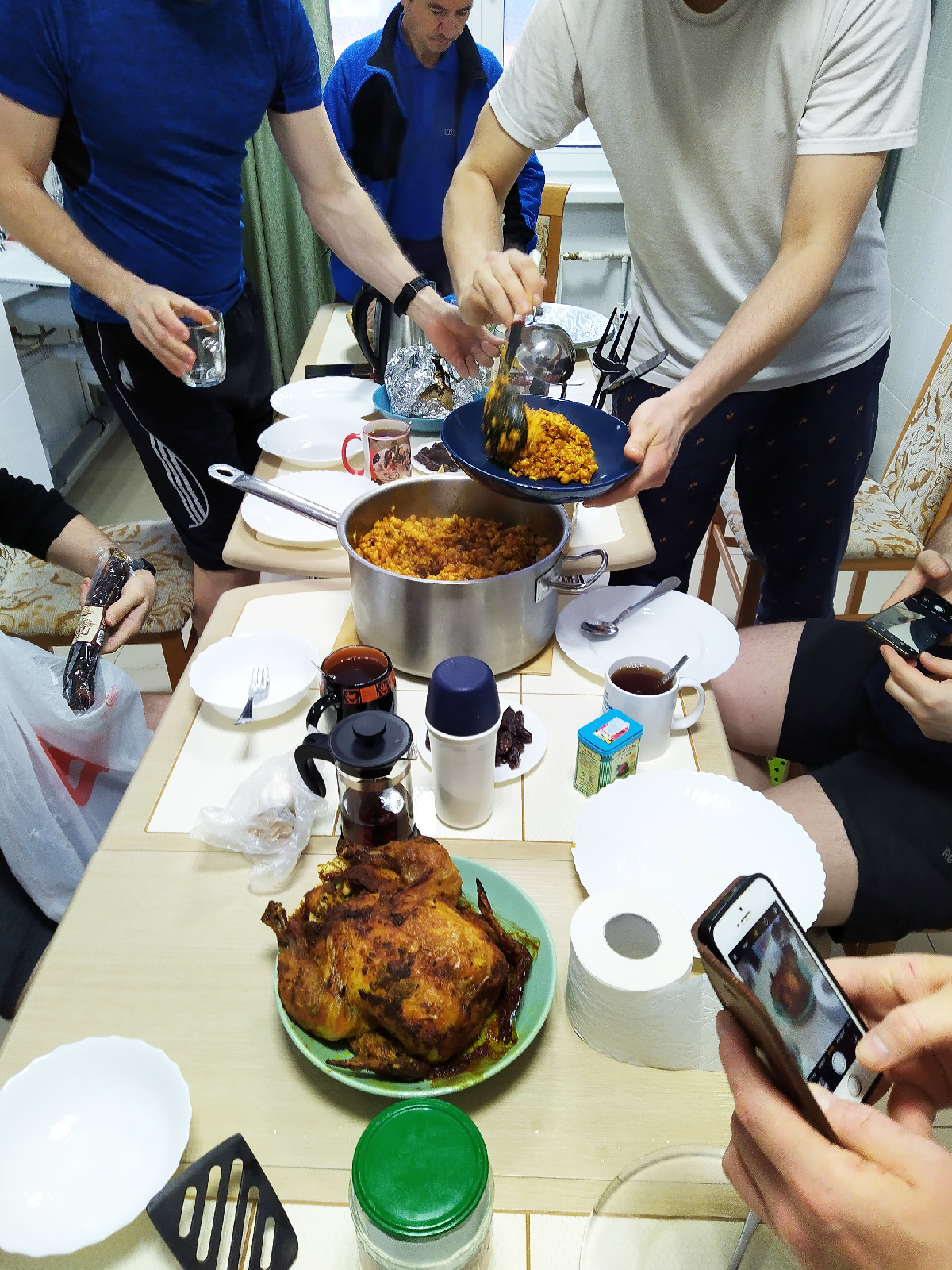 Towards the end of my first shift, spring had already begun, and everything around was melting.
Towards the end of my first shift, spring had already begun, and everything around was melting.

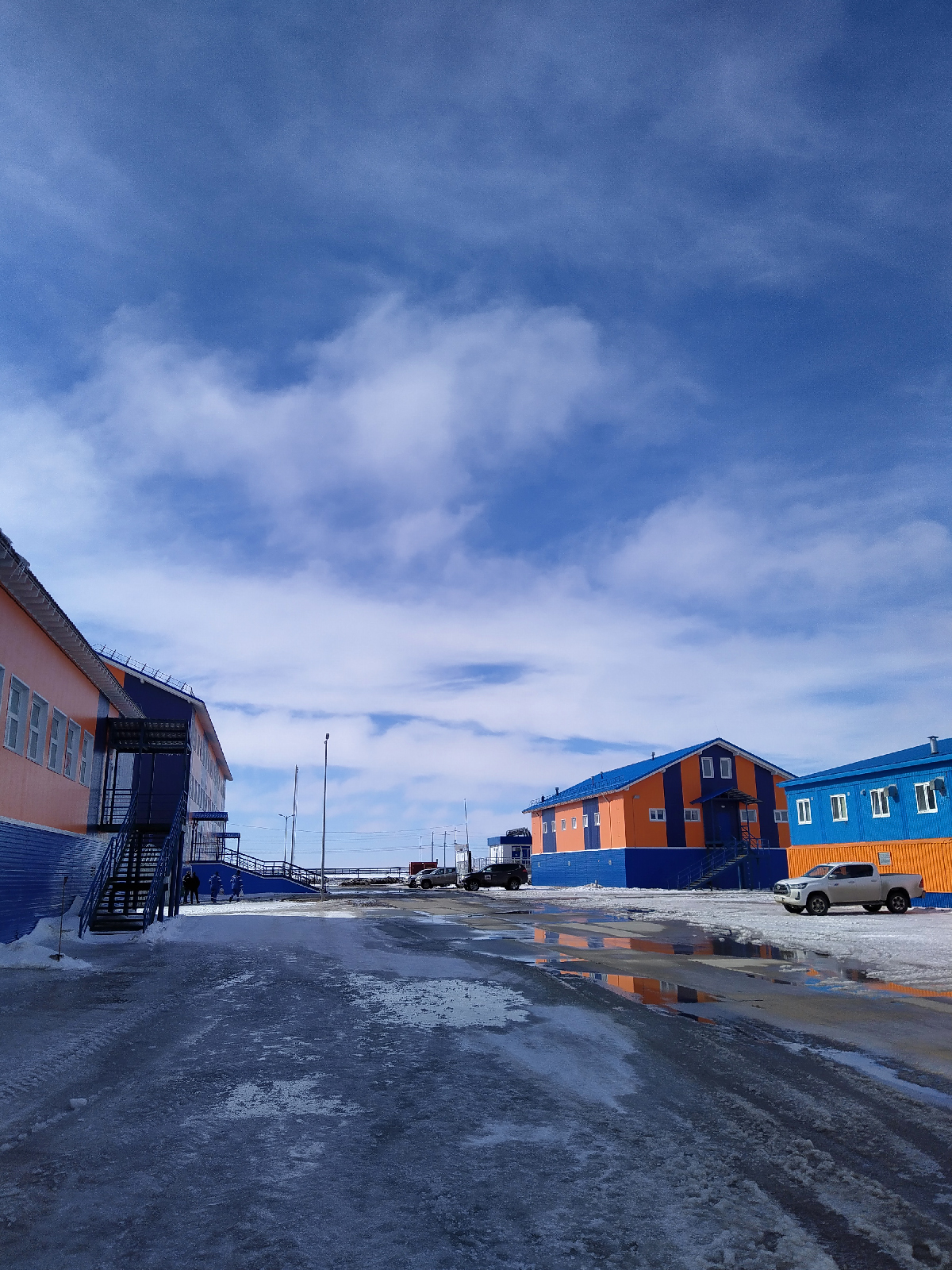
At the beginning of June, when I was leaving, a sudden blizzard occurred, but we still managed to depart with a few hours' delay. The next time I arrived after 1.5 months. To be continued...
A couple of bonus videos :)
No feedback yet
Nikita
#IT #Explorer #ImmigrantSearch
Archives
- May 2025 (1)
- February 2025 (1)
- October 2024 (1)
- September 2024 (1)
- July 2024 (1)
- More...
